
The Joy of Why
Steven Strogatz, Janna Levin and Quanta Magazine“The Joy of Why” is a Quanta Magazine podcast about curiosity and the pursuit of knowledge. The mathematician and author Steven Strogatz and the cosmologist and author Janna Levin take turns interviewing leading researchers about the great scientific and mathematical questions of our time. New episodes are released every other Wednesday.
Quanta Magazine is a Pulitzer Prize–winning, editorially independent online publication launched and supported by the Simons Foundation to illuminate big ideas in science and math through public service journalism. Quanta’s reporters and editors focus on developments in mathematics, theoretical physics, theoretical computer science and the basic life sciences, emphasizing timely, accurate, in-depth and well-crafted articles for its broad discerning audience. In 2023, Steven Strogatz received a National Academies Eric and Wendy Schmidt Award for Excellence in Science Communications partly for his work on “The Joy of Why.”
“The Joy of Why” is a Quanta Magazine podcast about curiosity and the pursuit of knowledge. The mathematician and author Steven Strogatz and the cosmologist and author Janna Levin take turns interviewing leading researchers about the great scientific and mathematical questions of our time. New episodes are released every other Wednesday.
Quanta Magazine is a Pulitzer Prize–winning, editorially independent online publication launched and supported by the Simons Foundation to illuminate big ideas in science and math through public service journalism. Quanta’s reporters and editors focus on developments in mathematics, theoretical physics, theoretical computer science and the basic life sciences, emphasizing timely, accurate, in-depth and well-crafted articles for its broad discerning audience. In 2023, Steven Strogatz received a National Academies Eric and Wendy Schmidt Award for Excellence in Science Communications partly for his work on “The Joy of Why.”
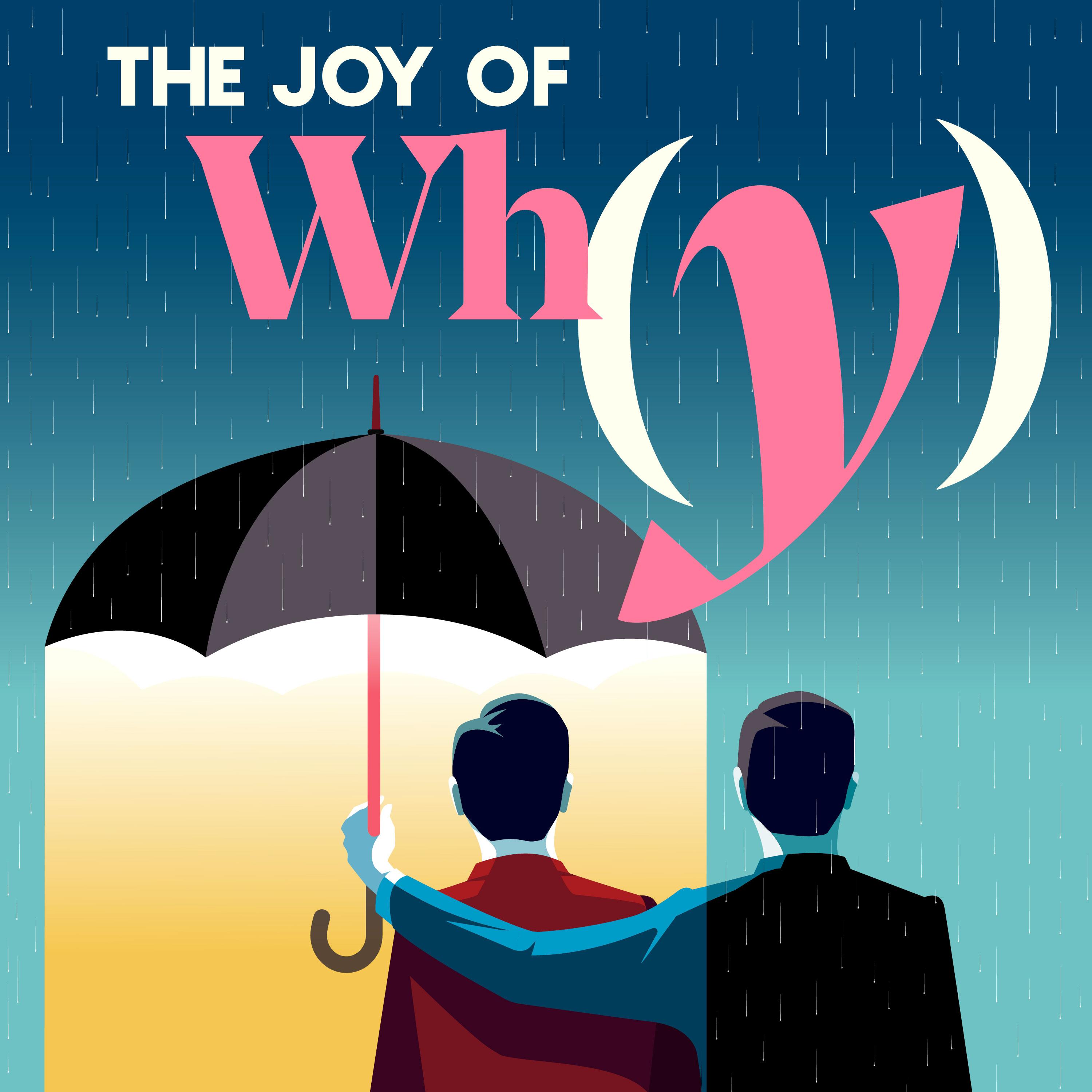

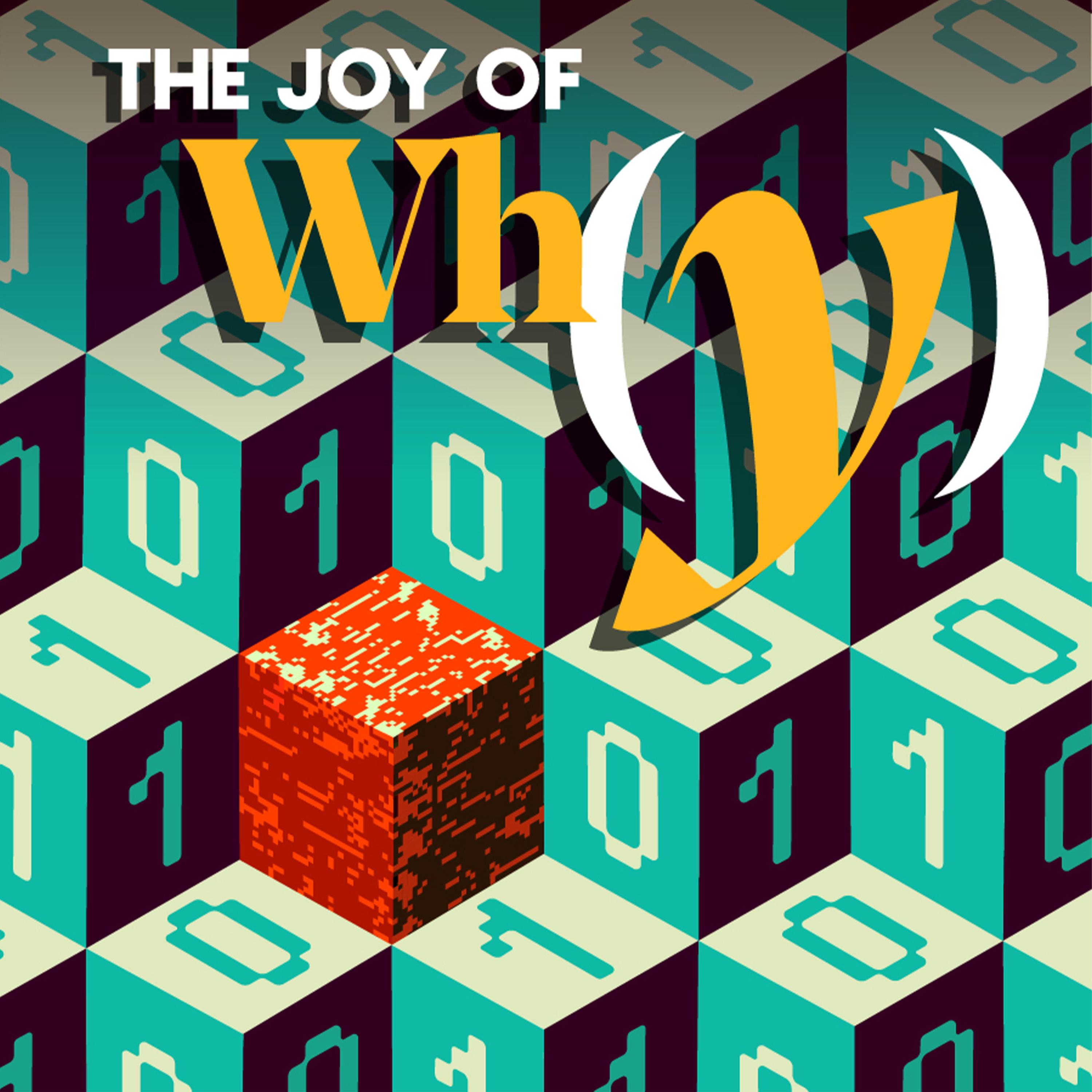

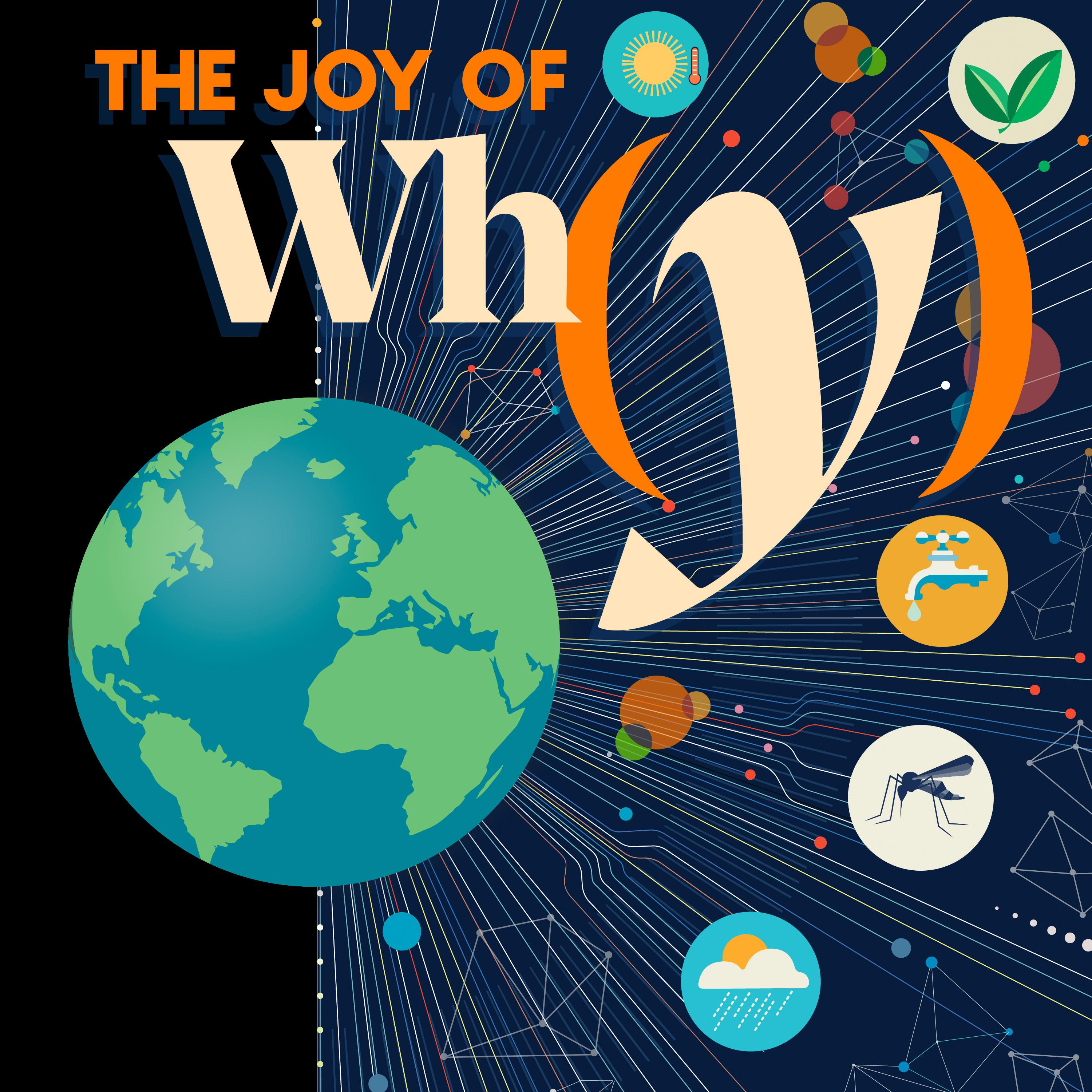

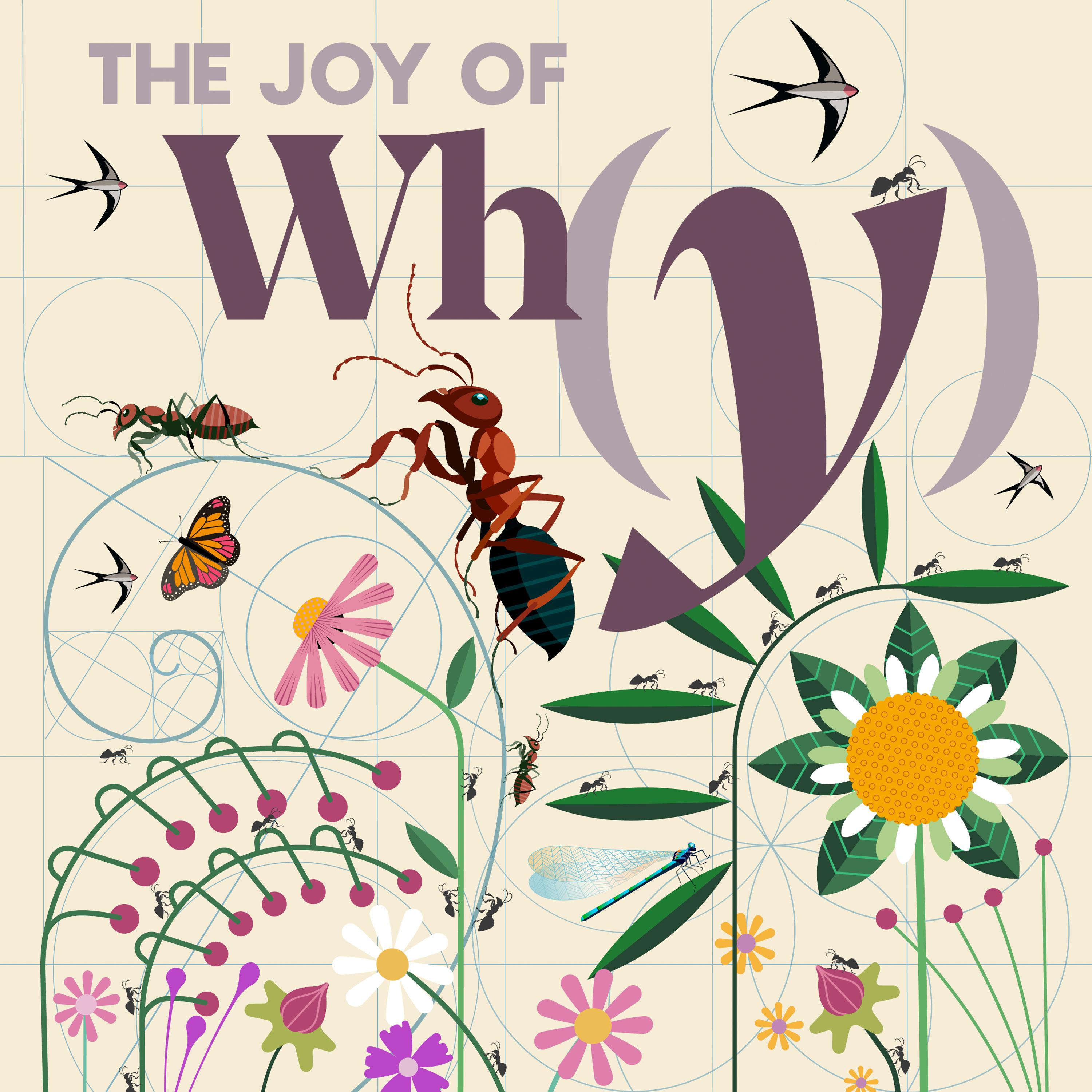


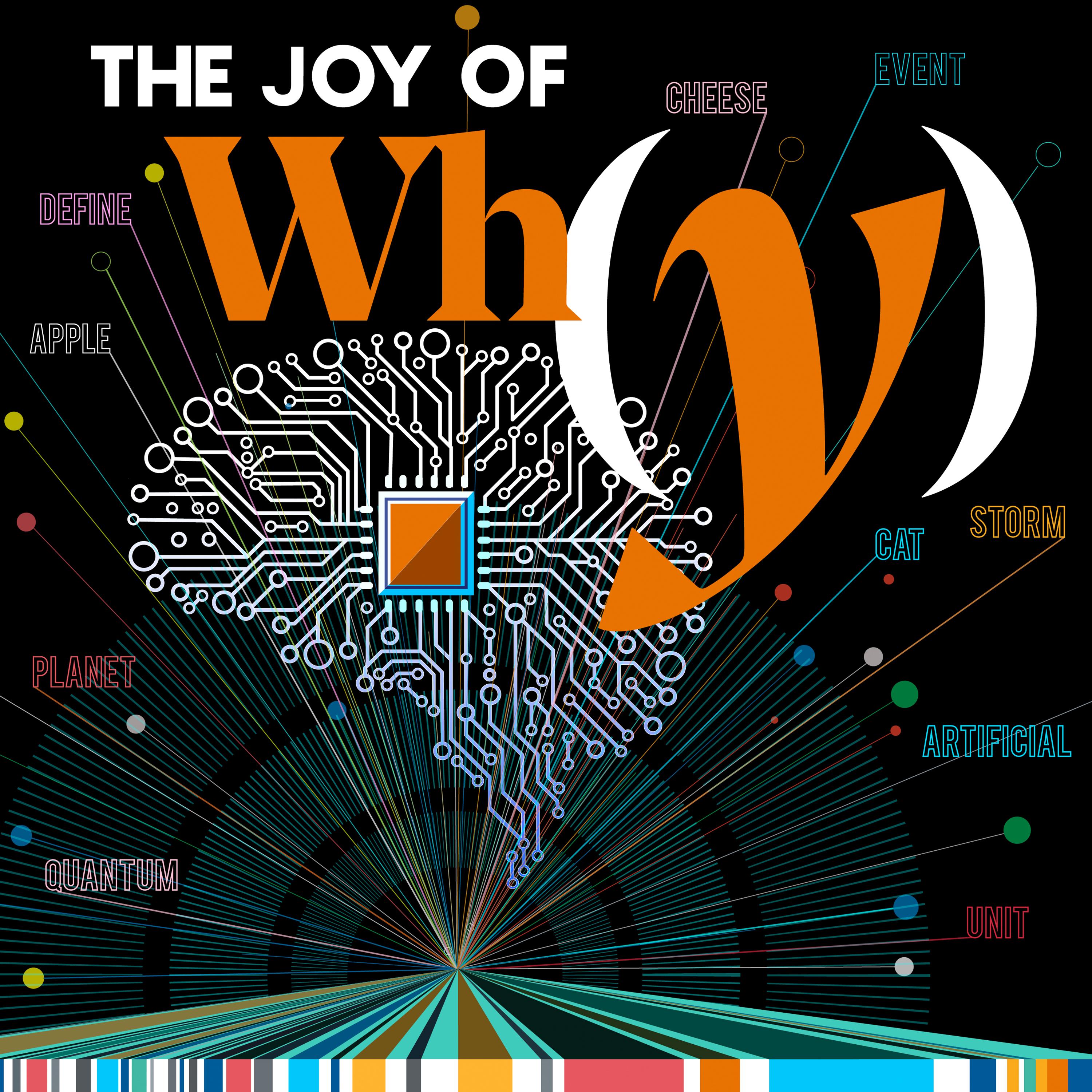


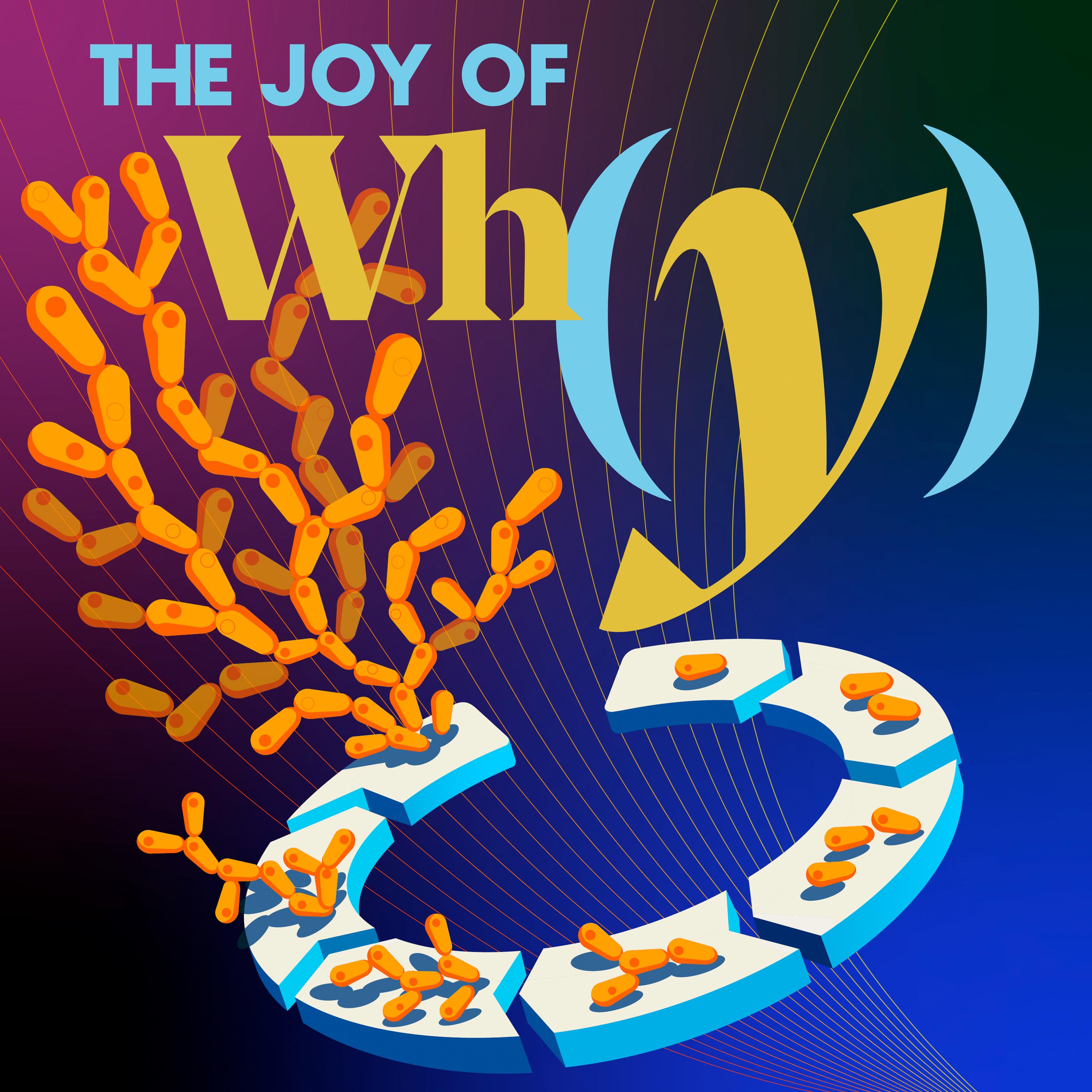
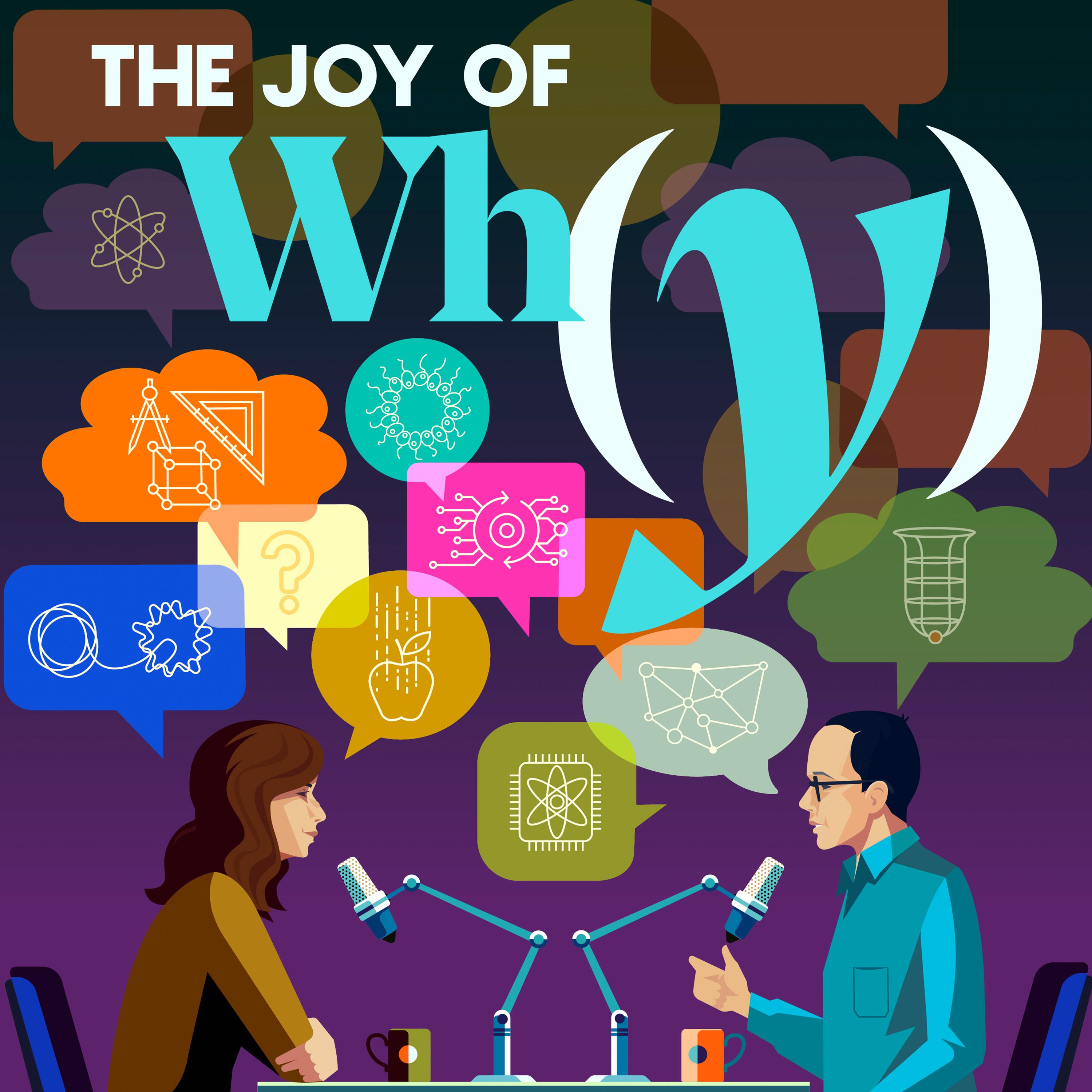
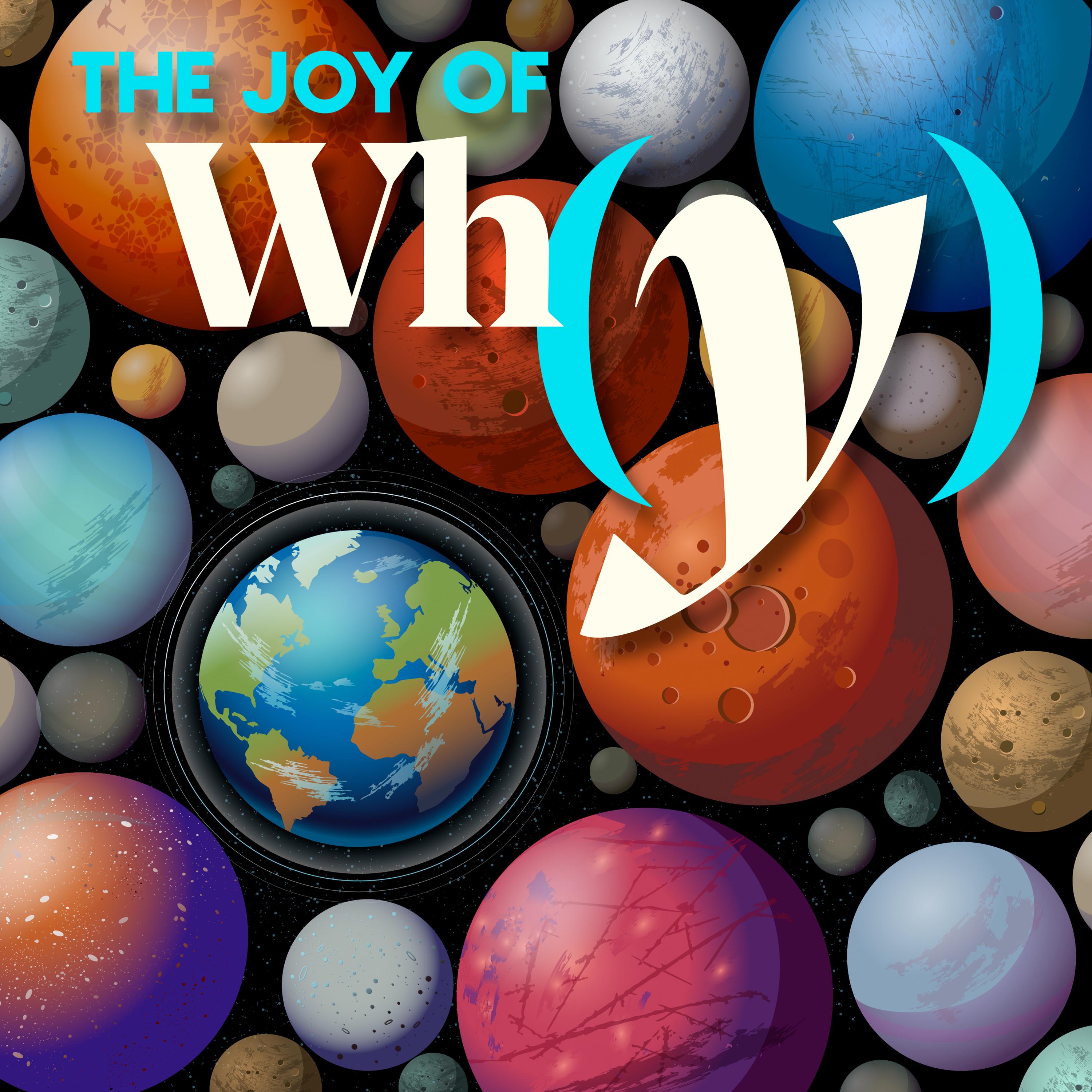

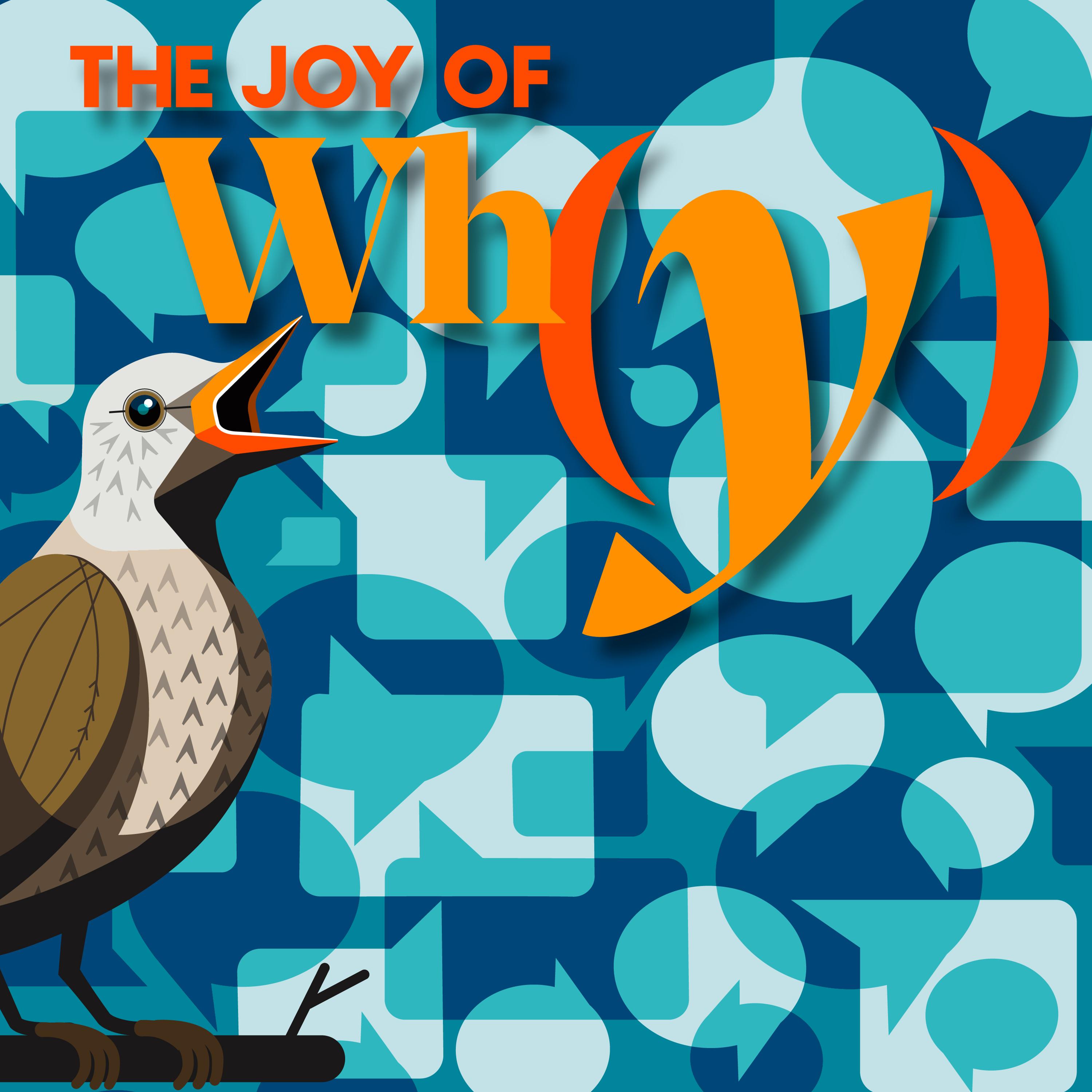
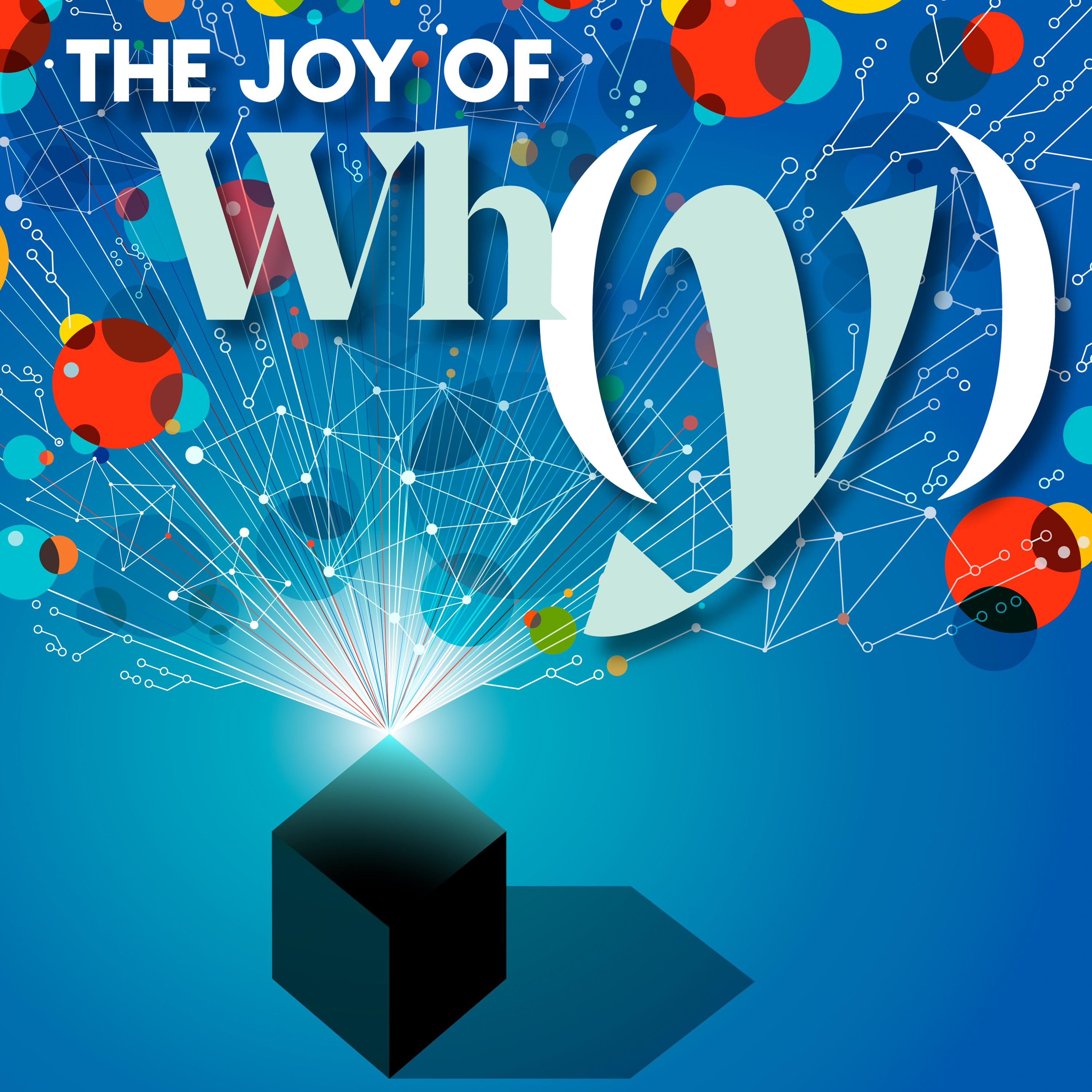
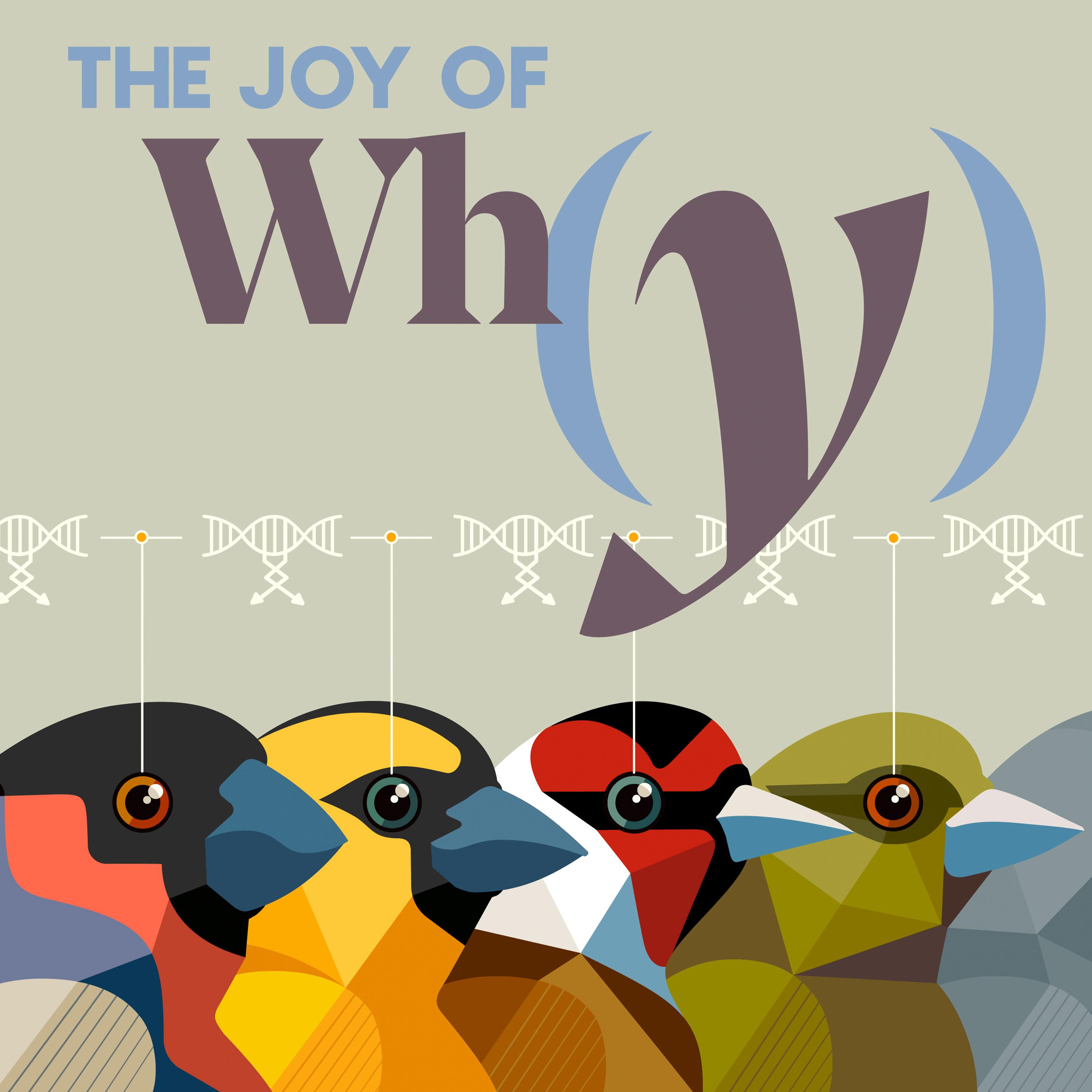
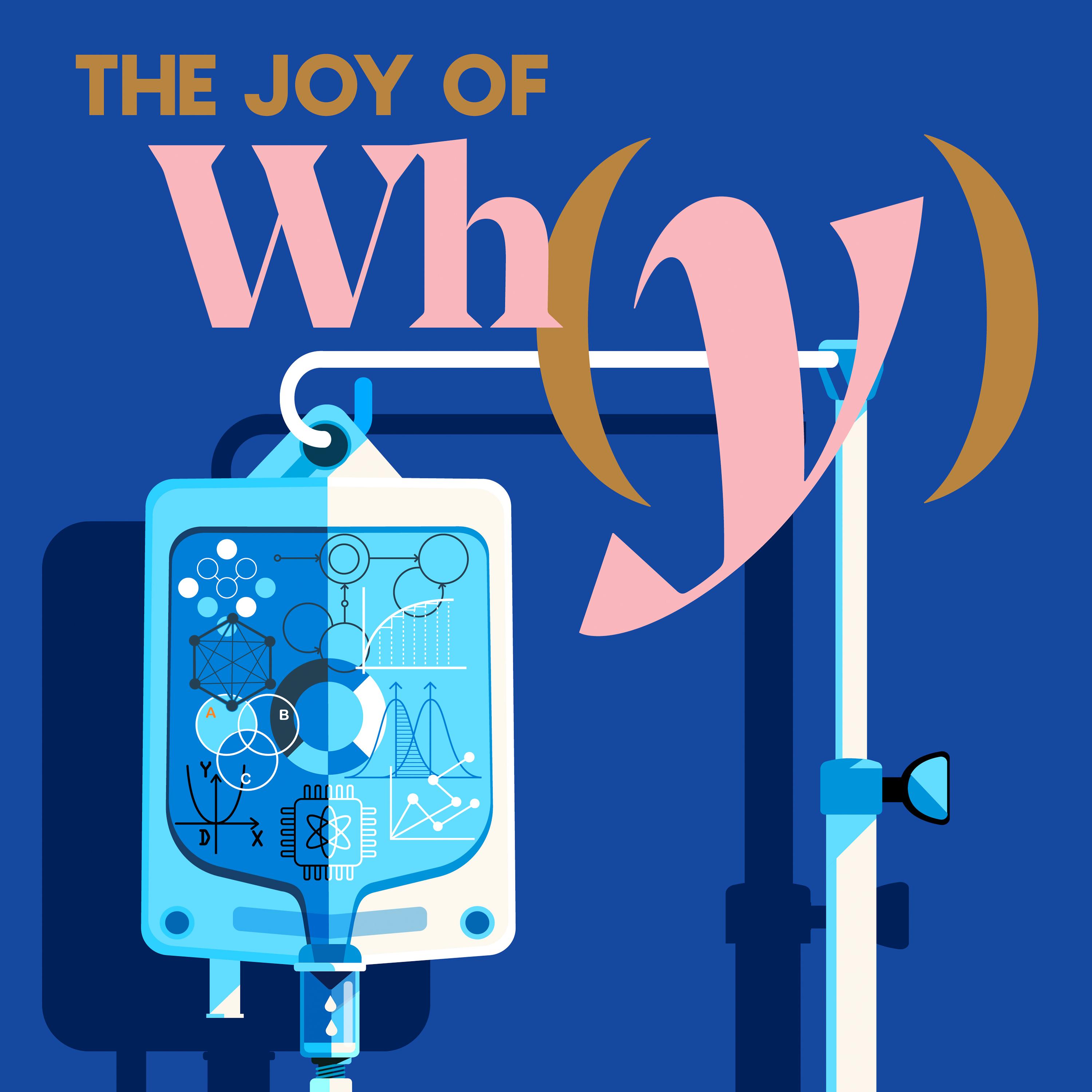
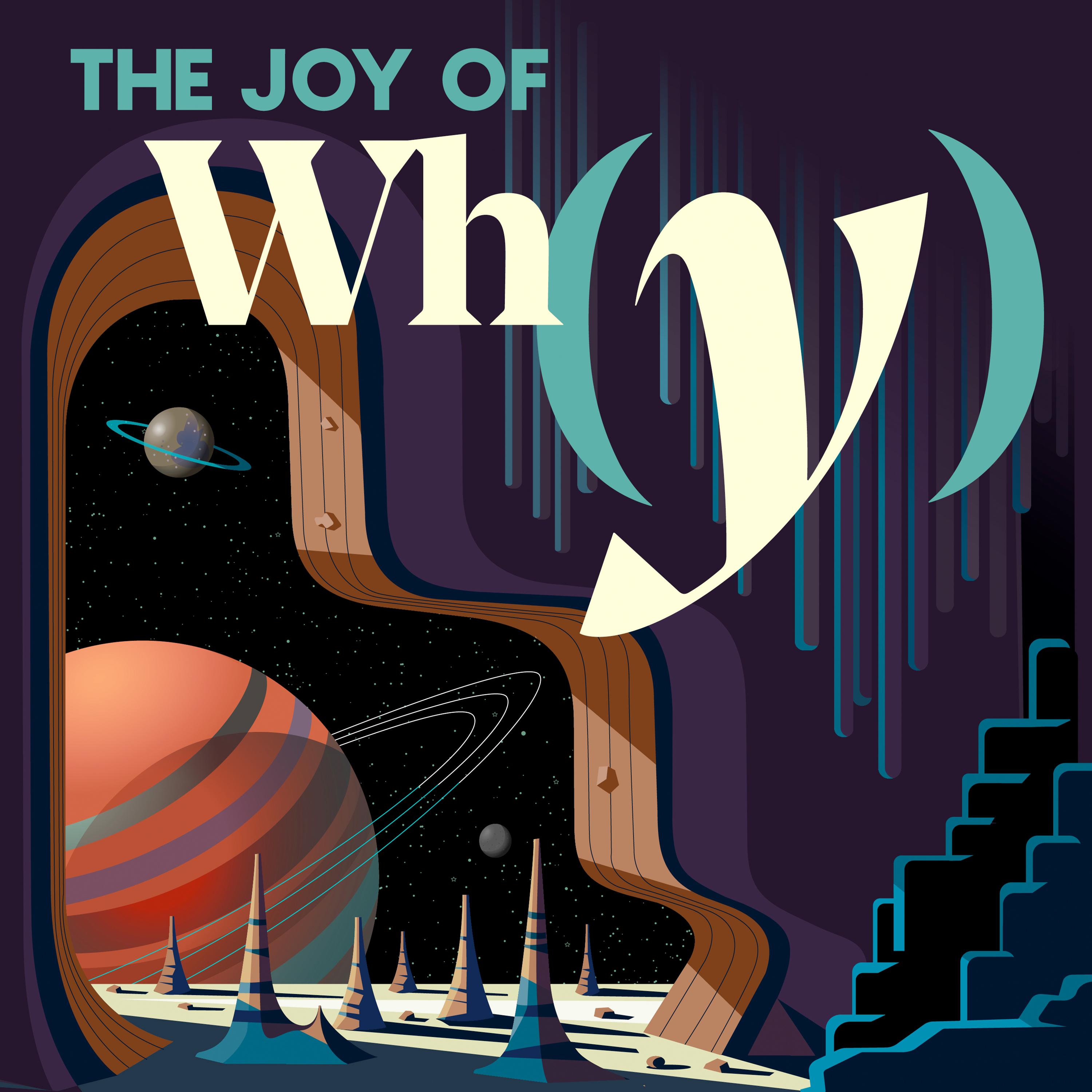


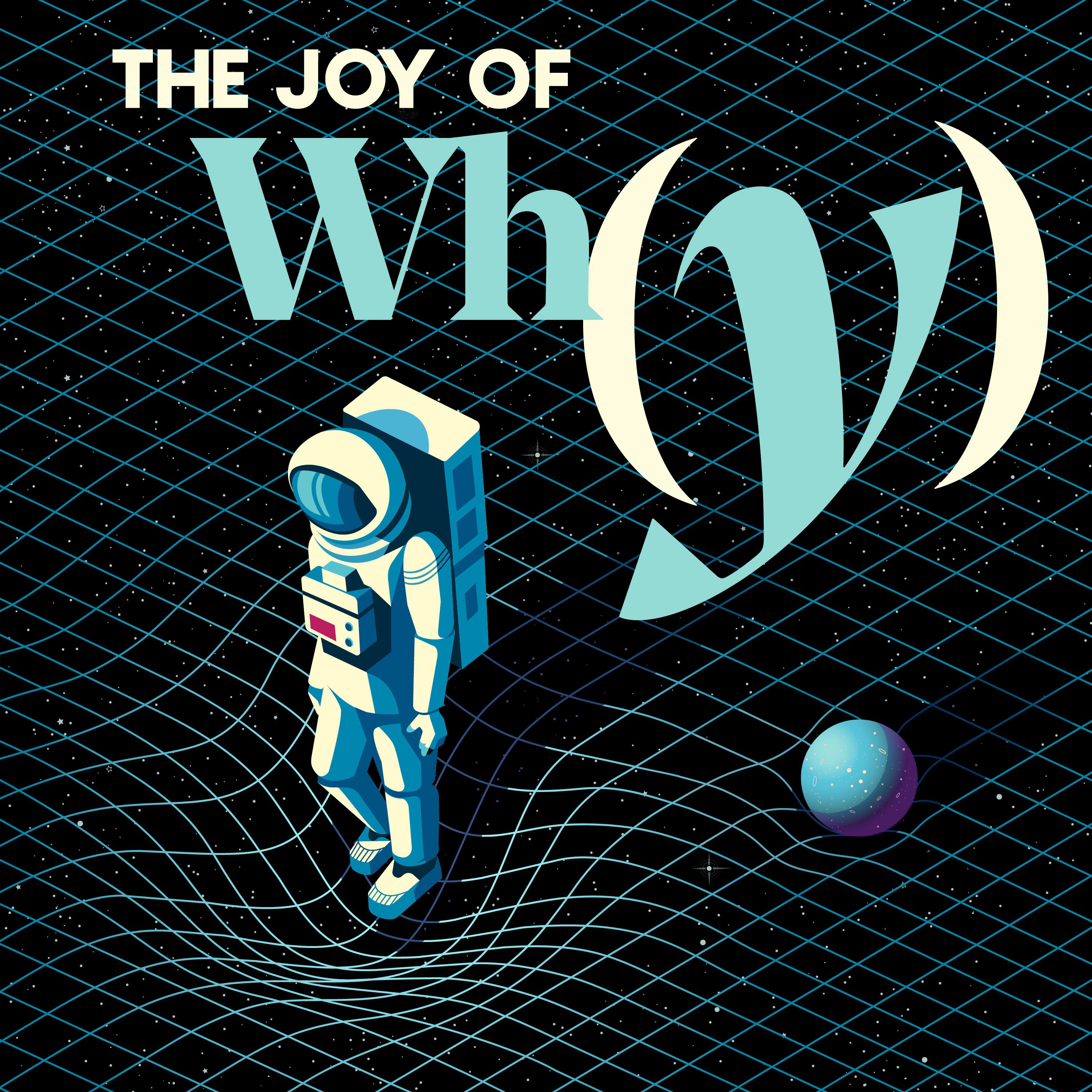
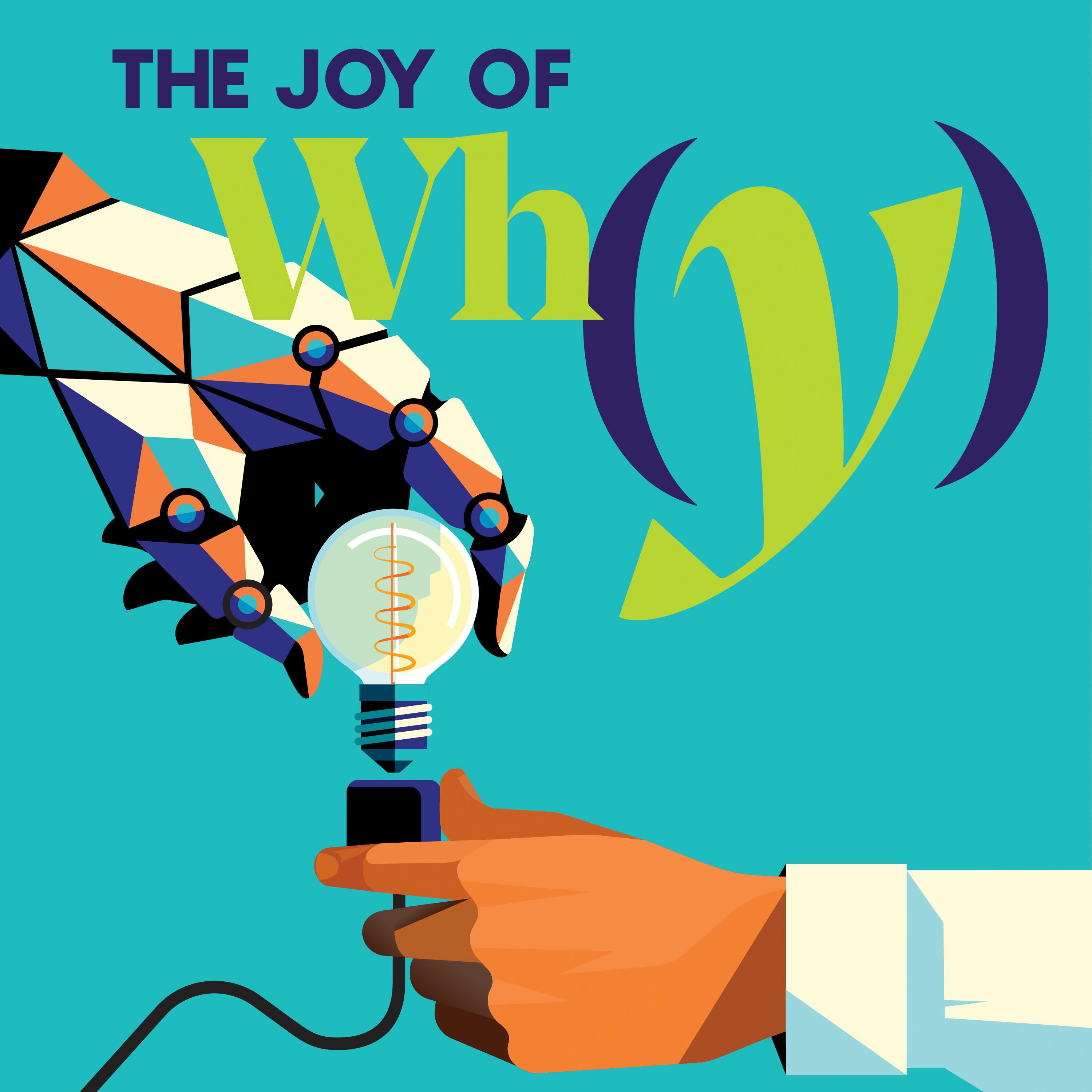

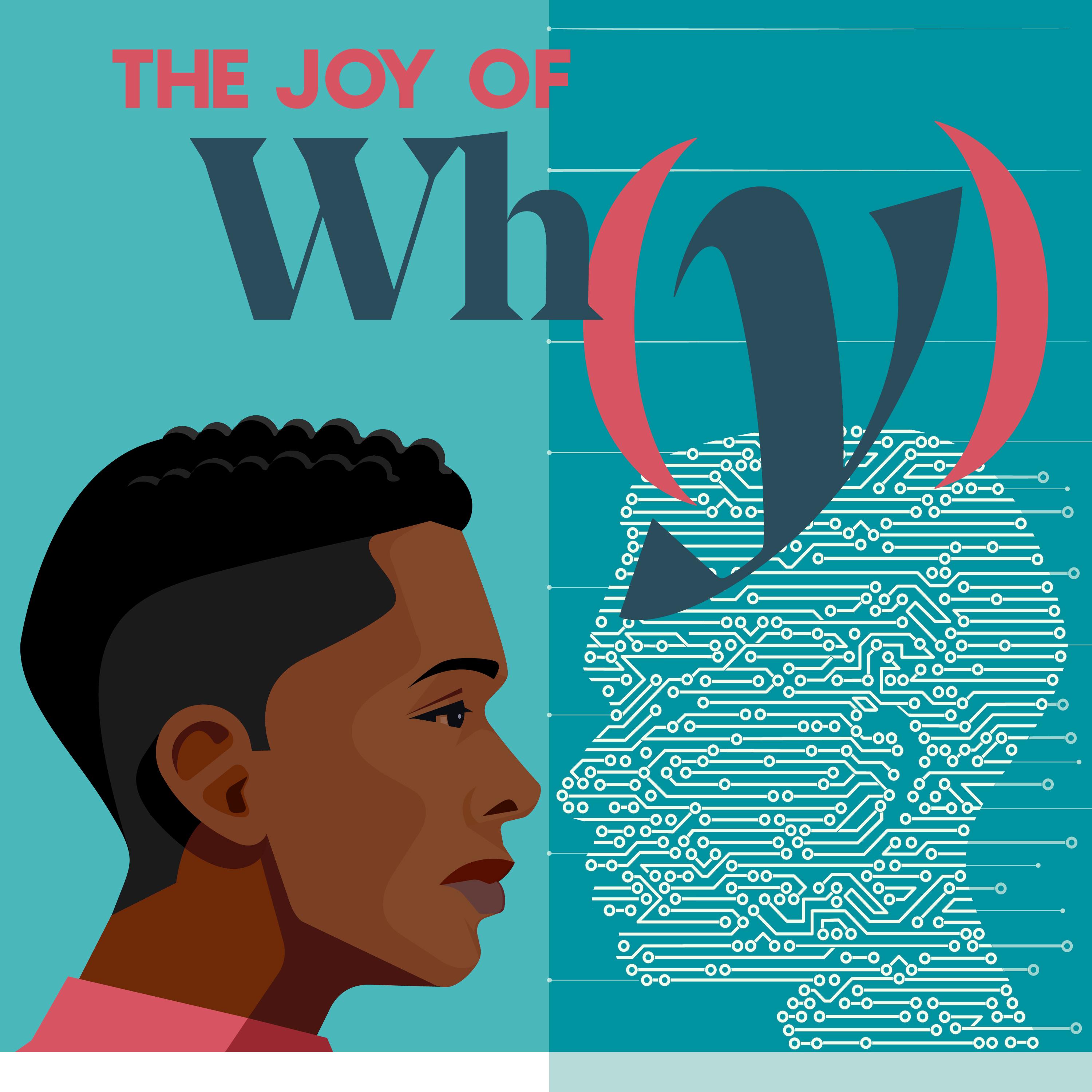

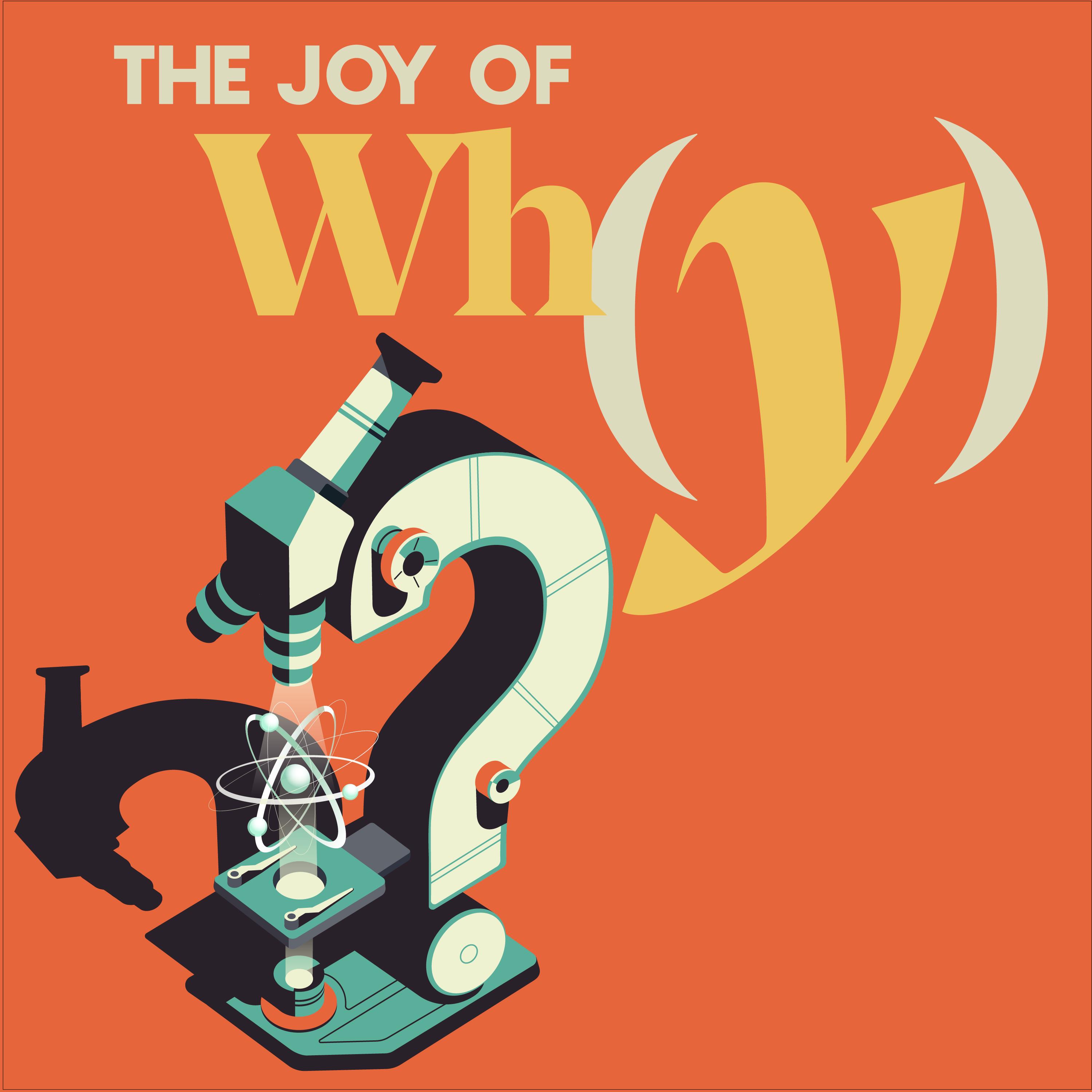

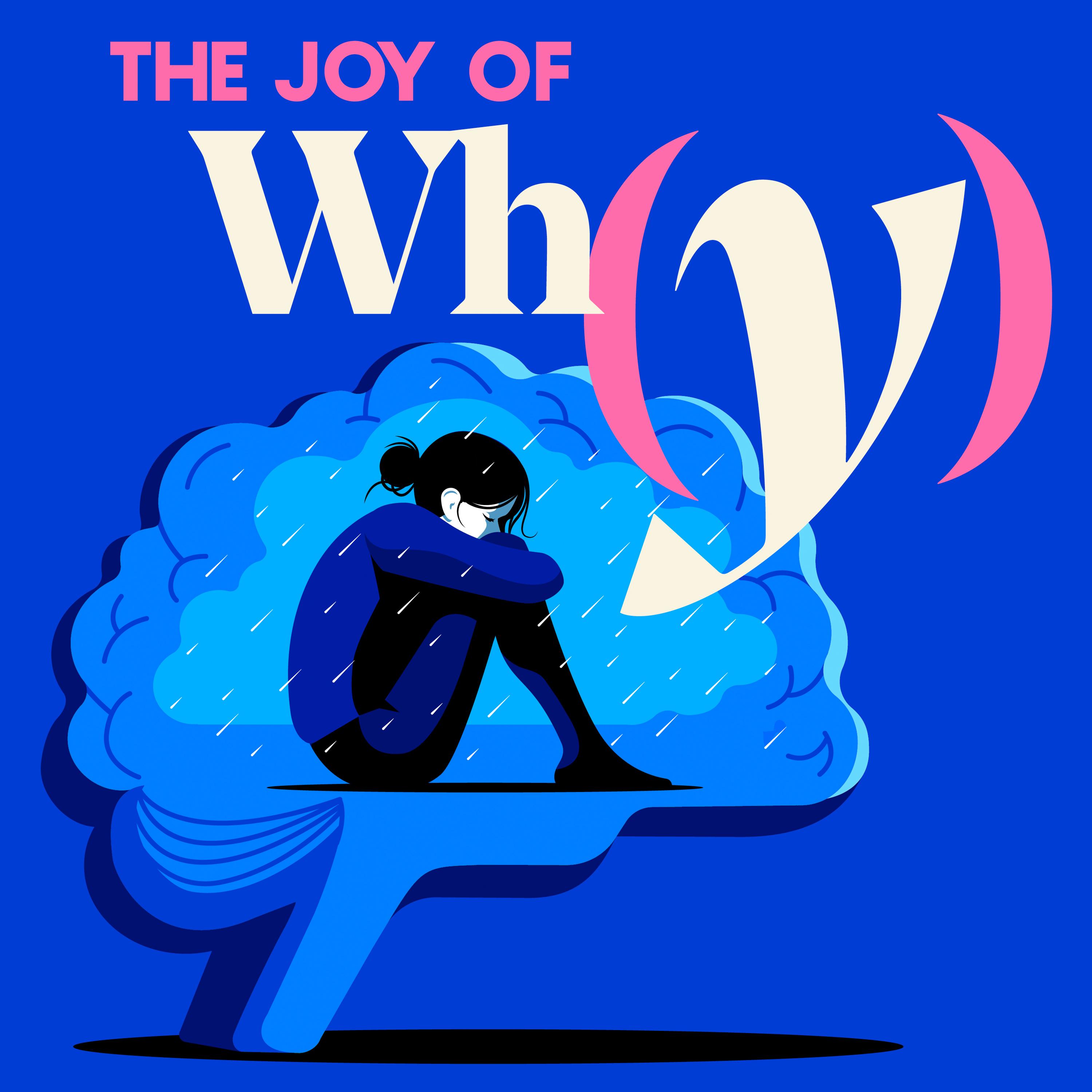

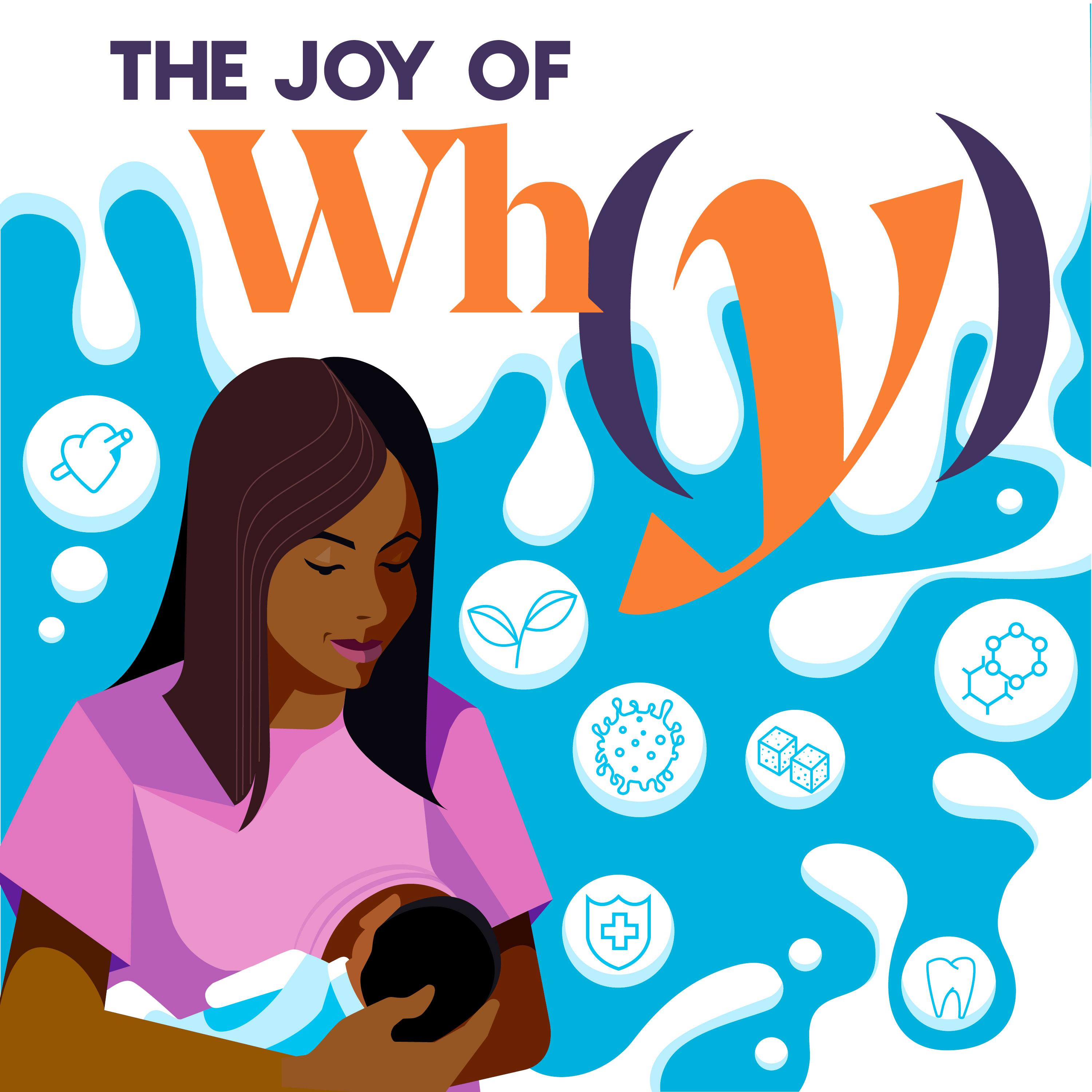




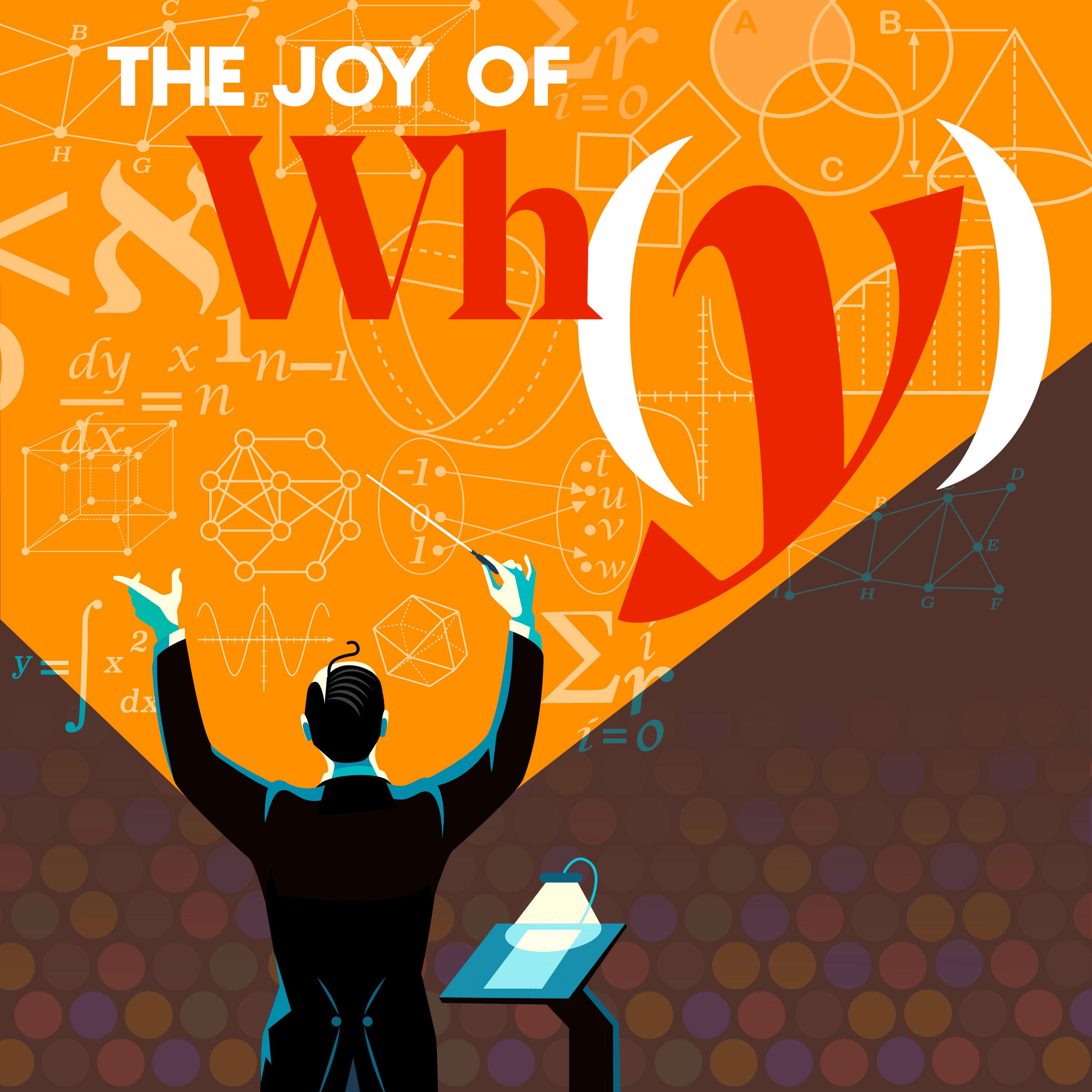
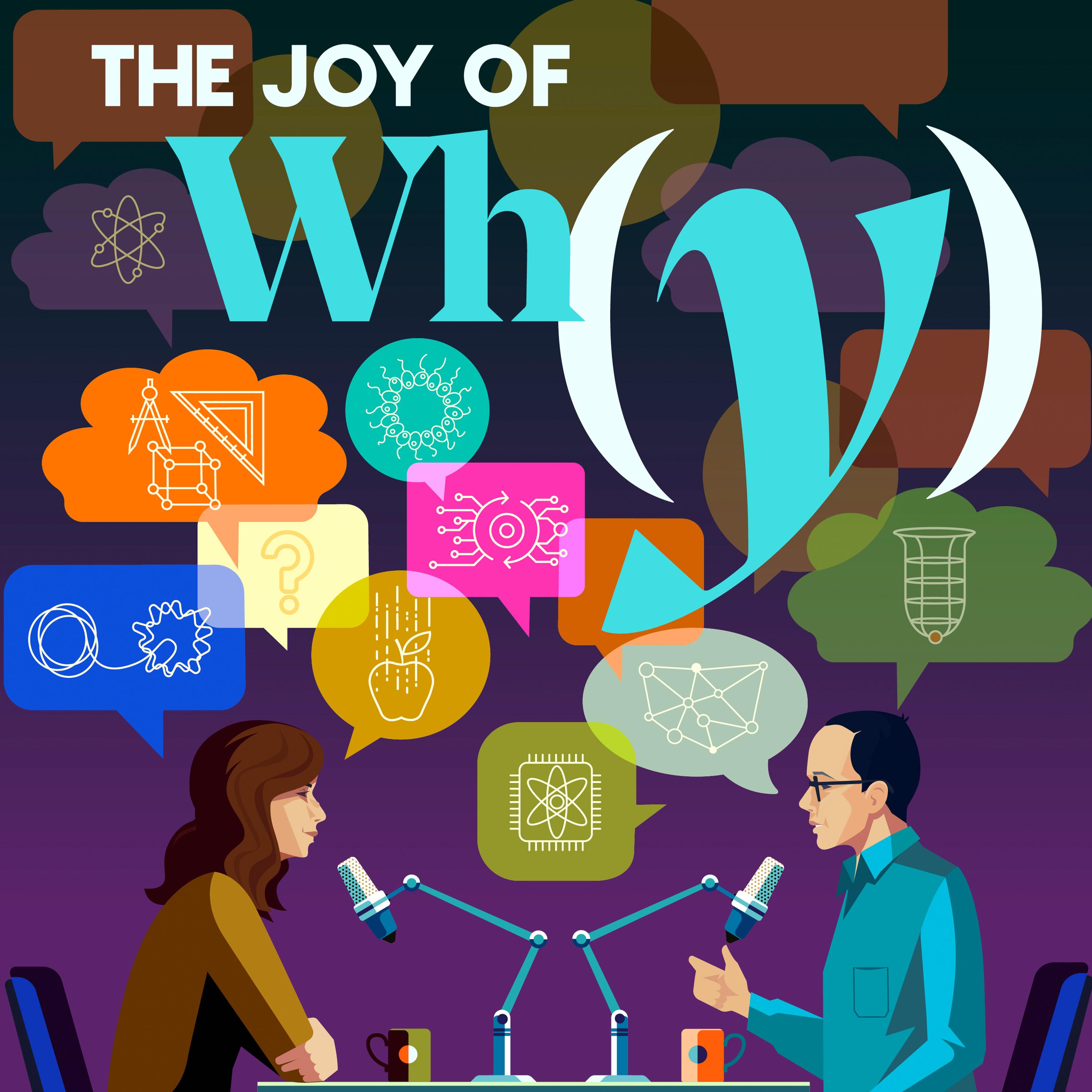
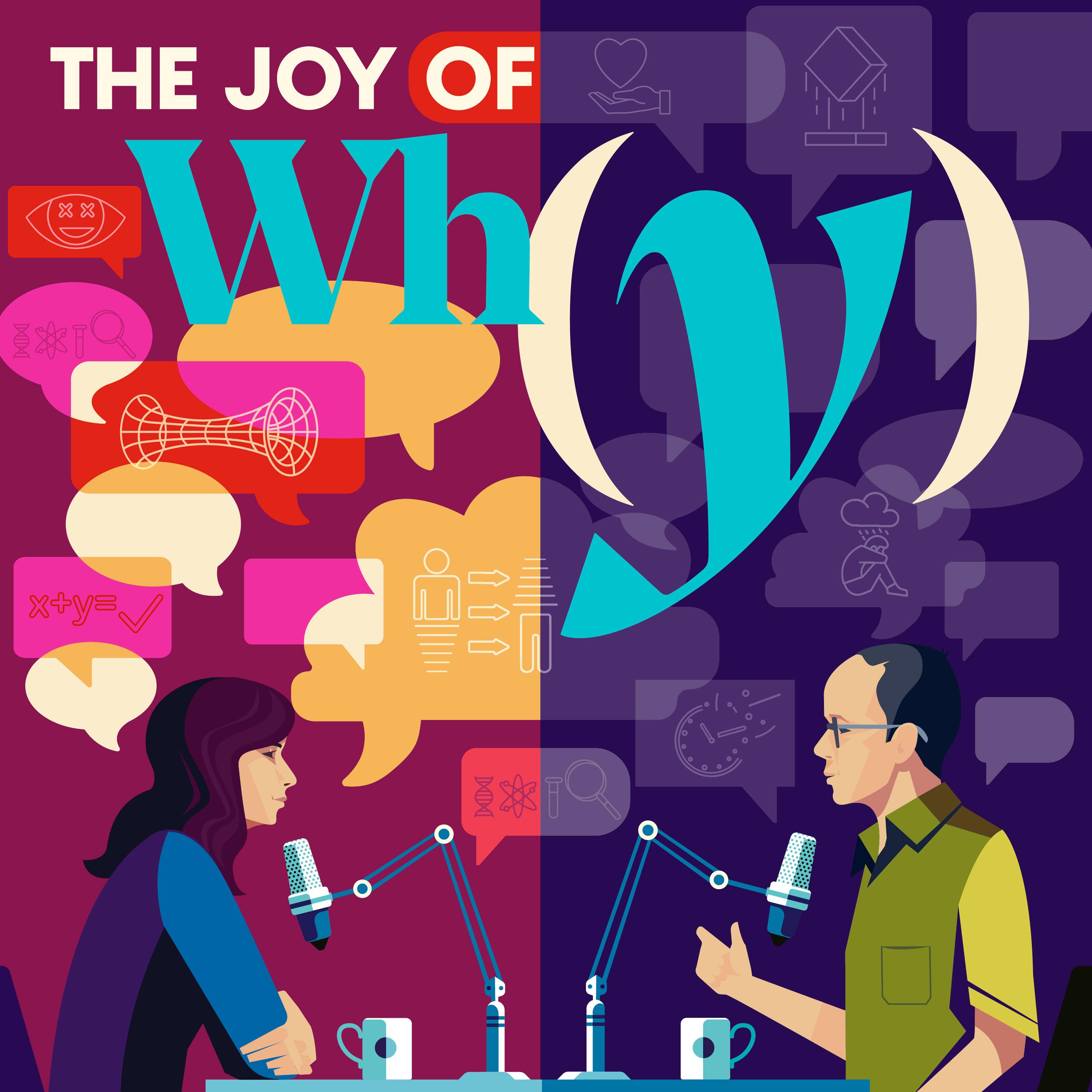

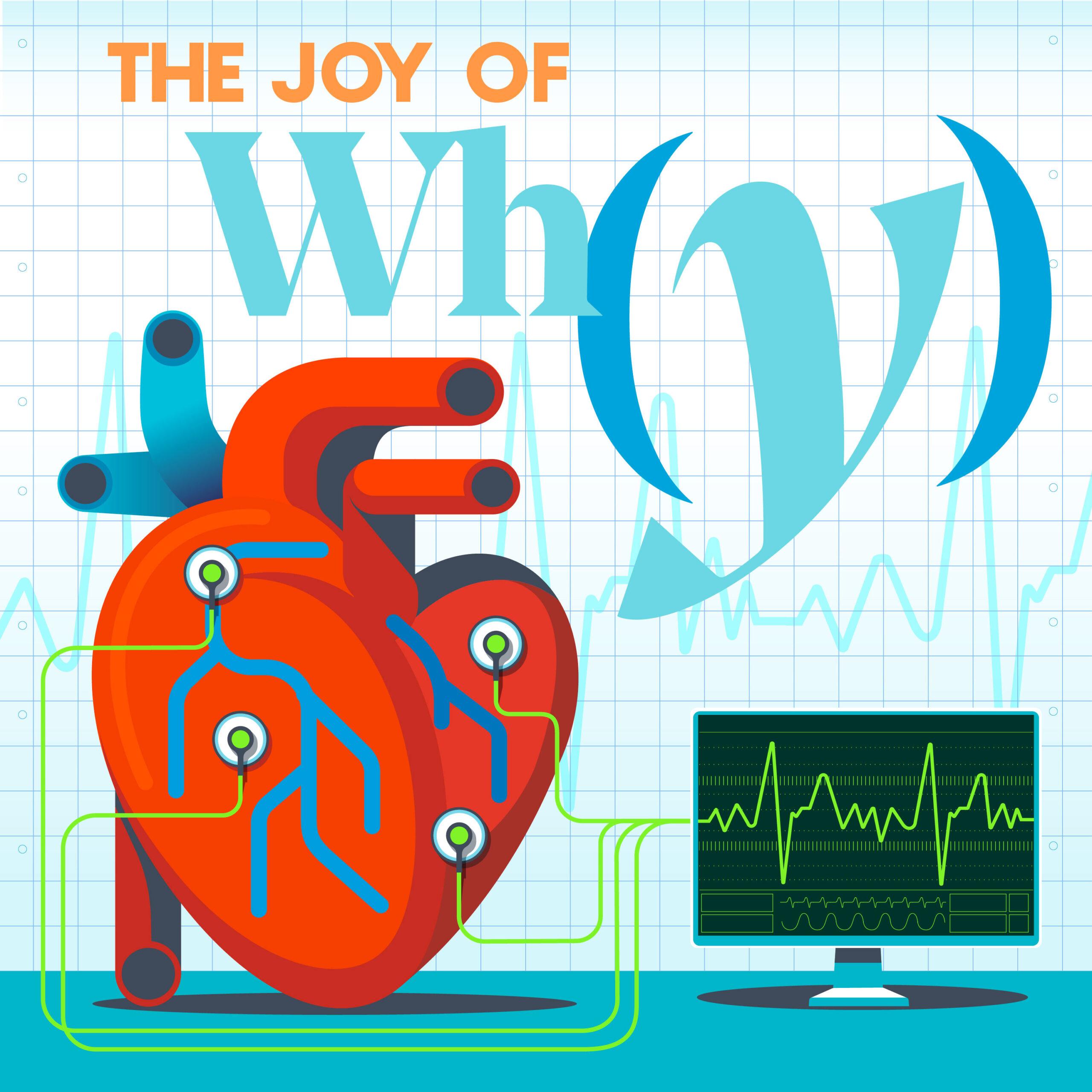













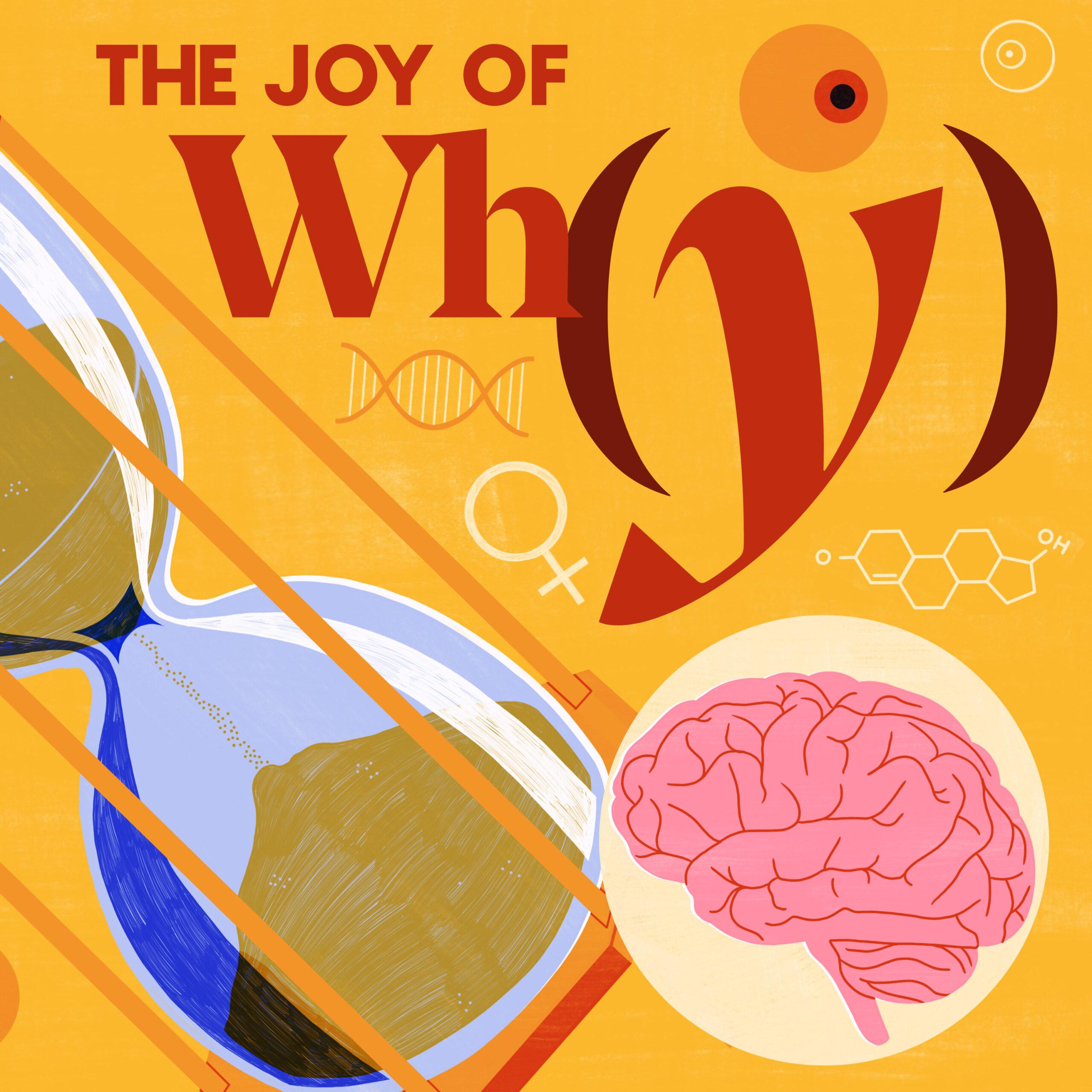


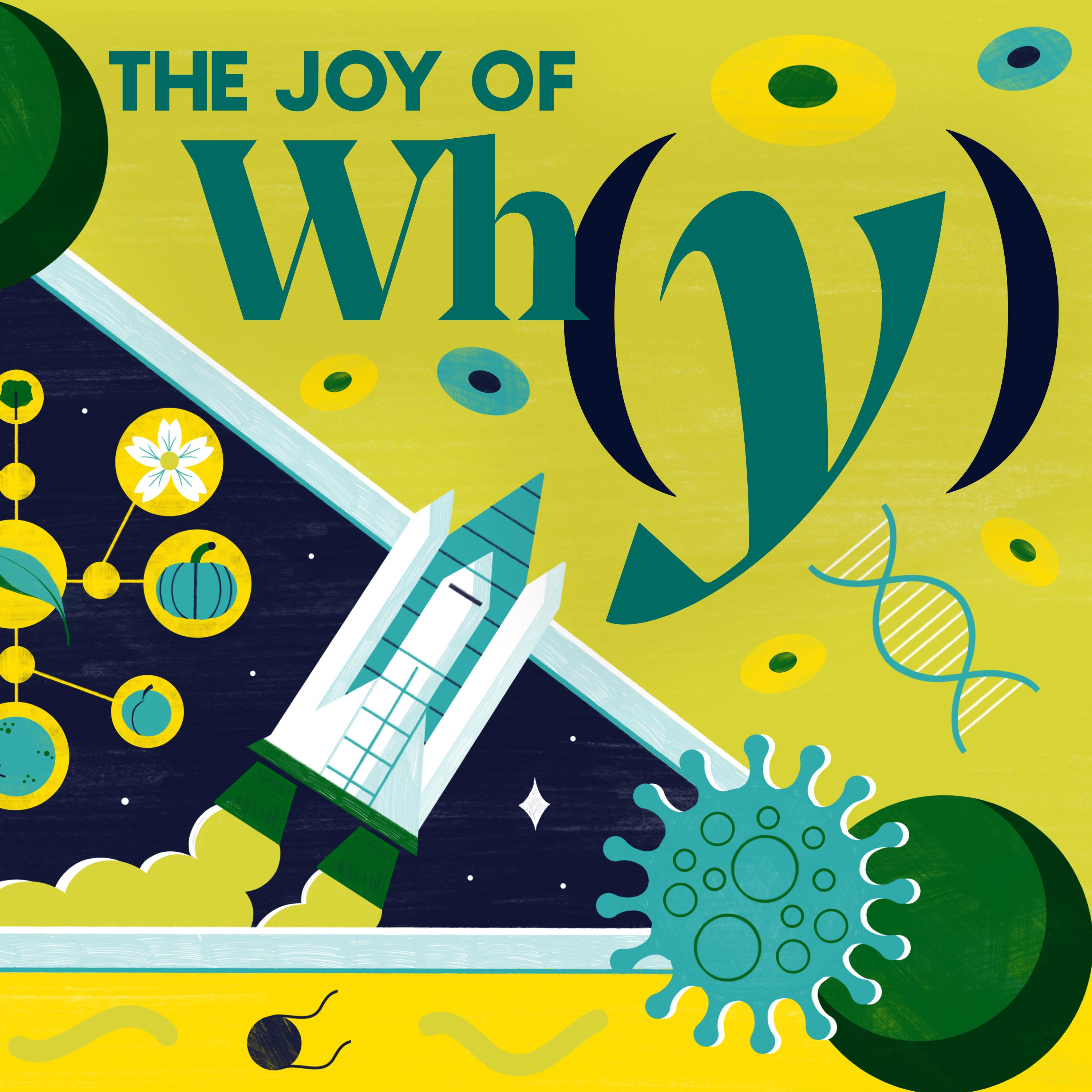
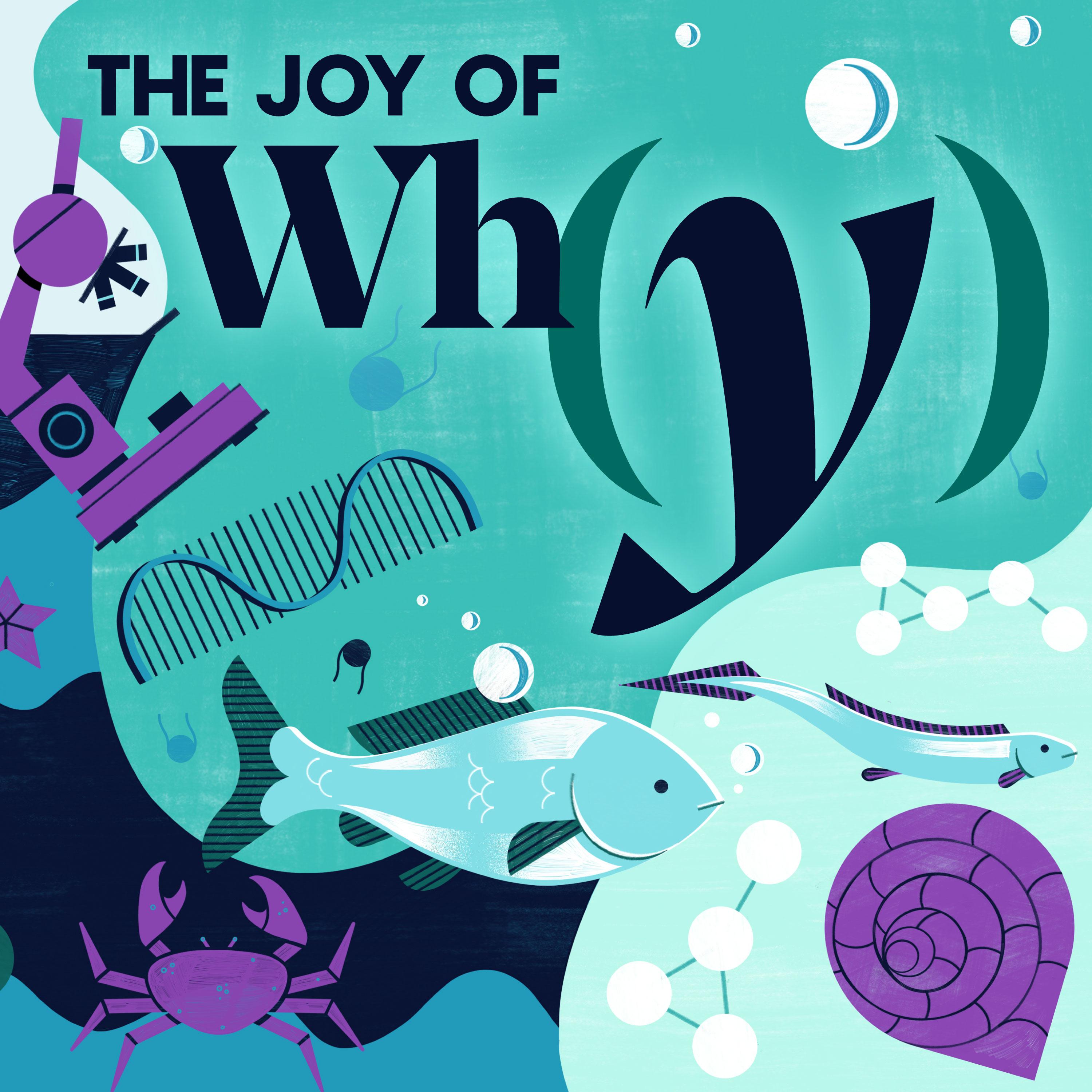
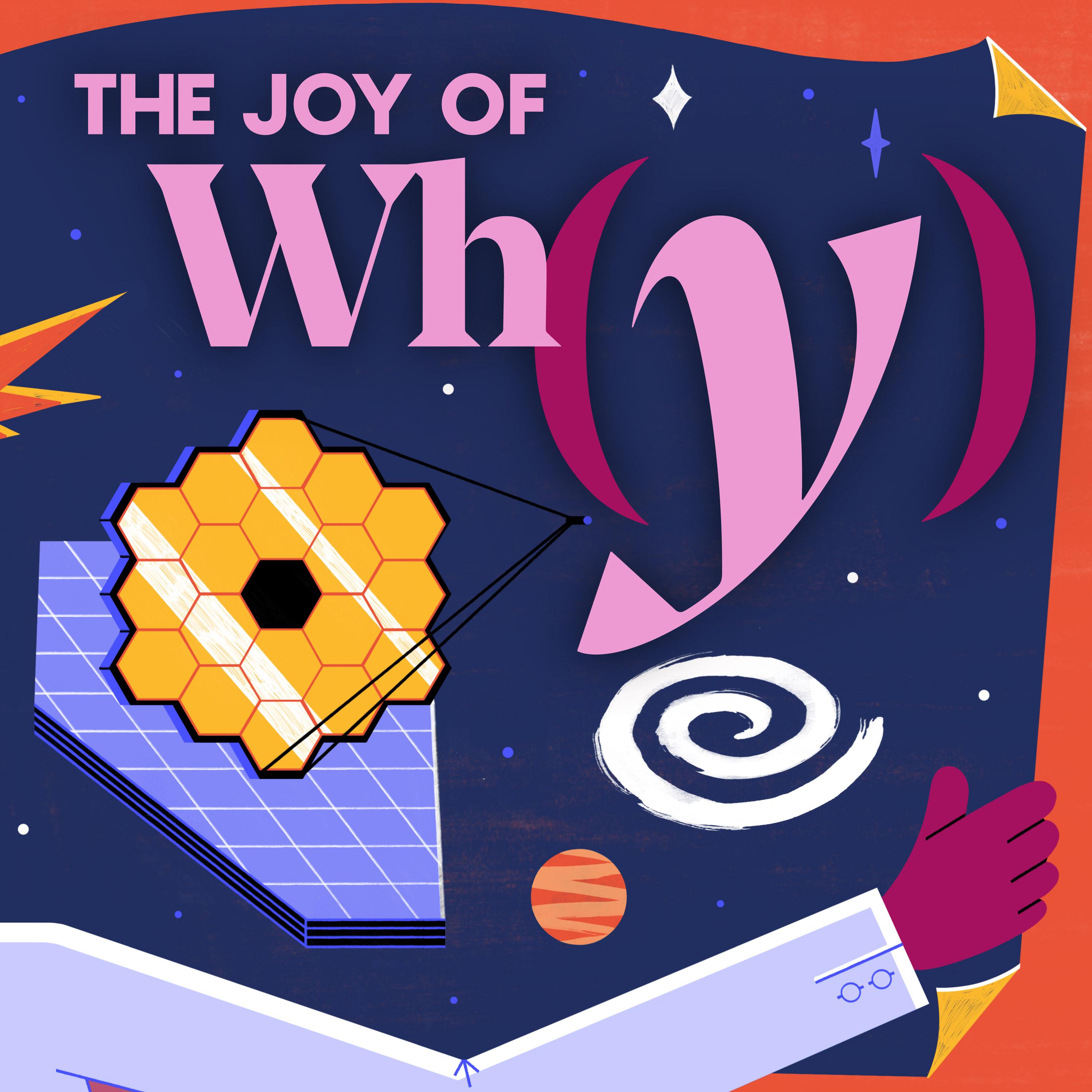
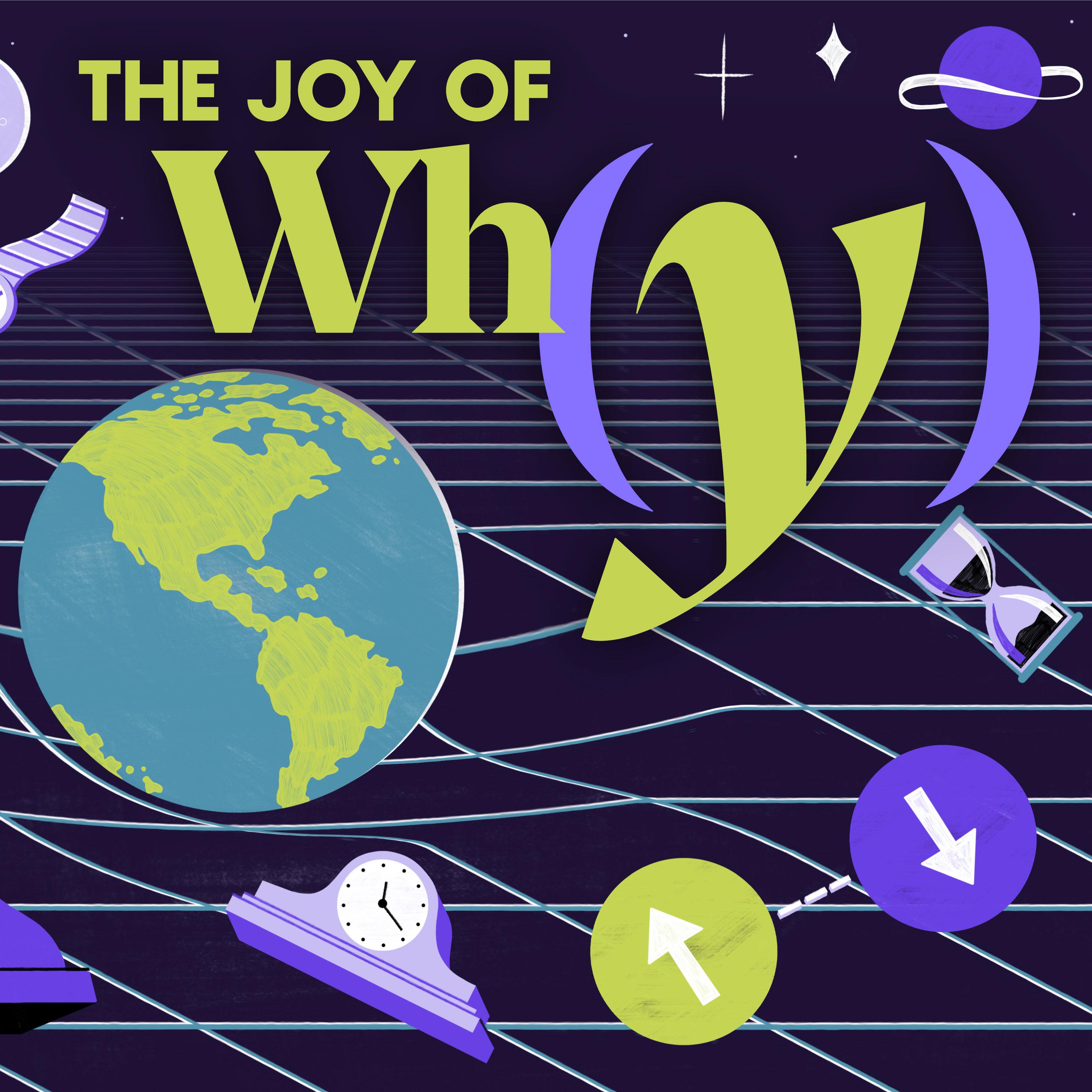
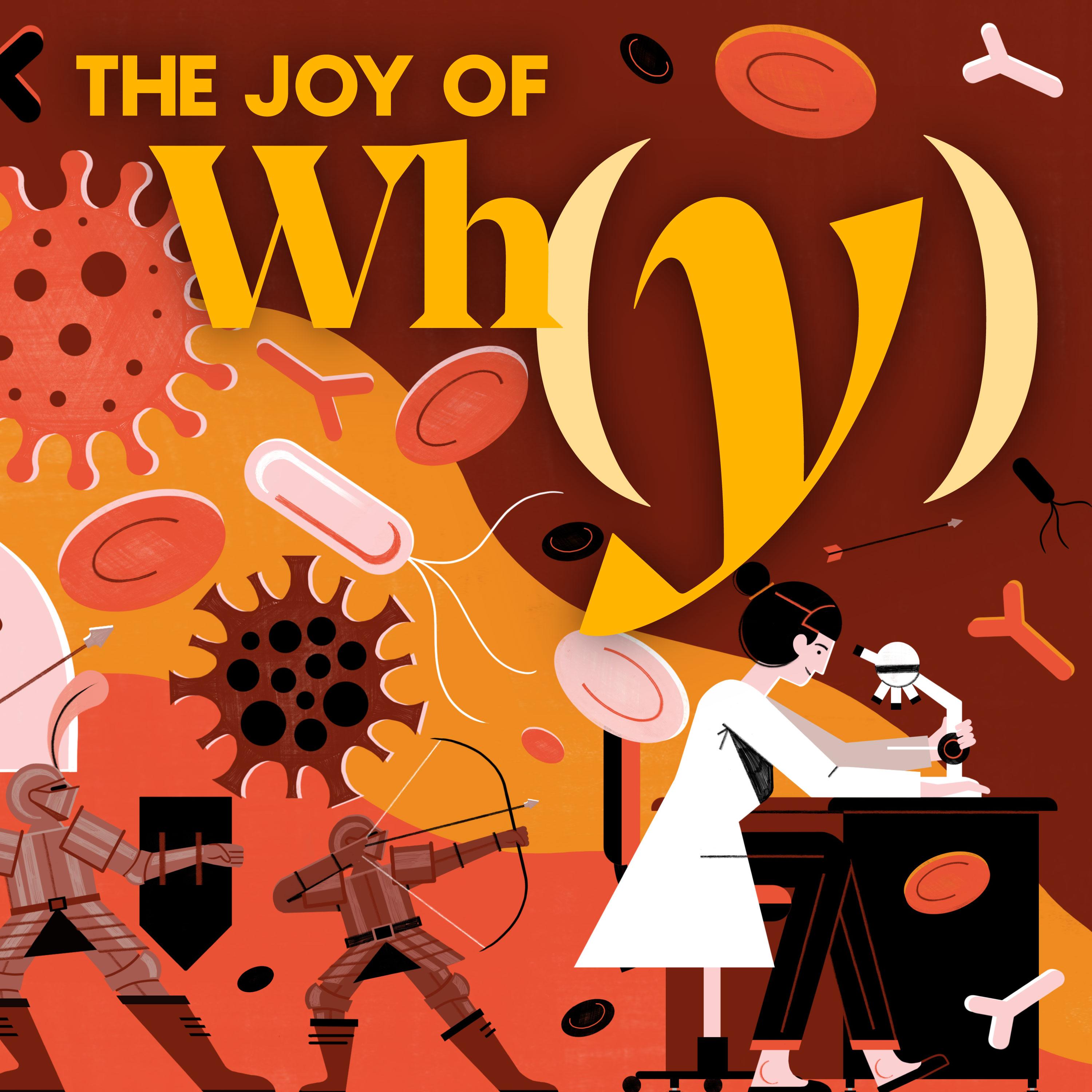
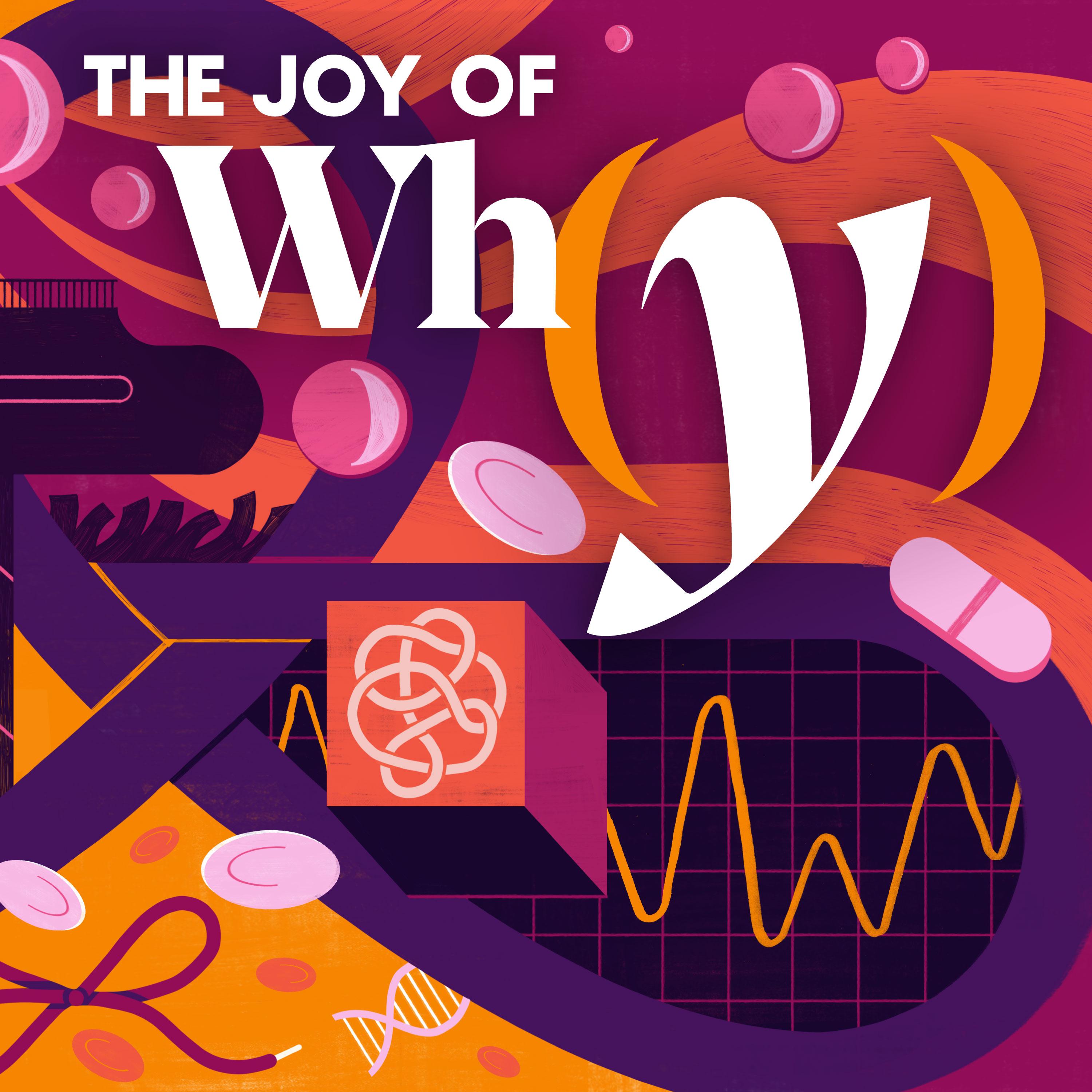
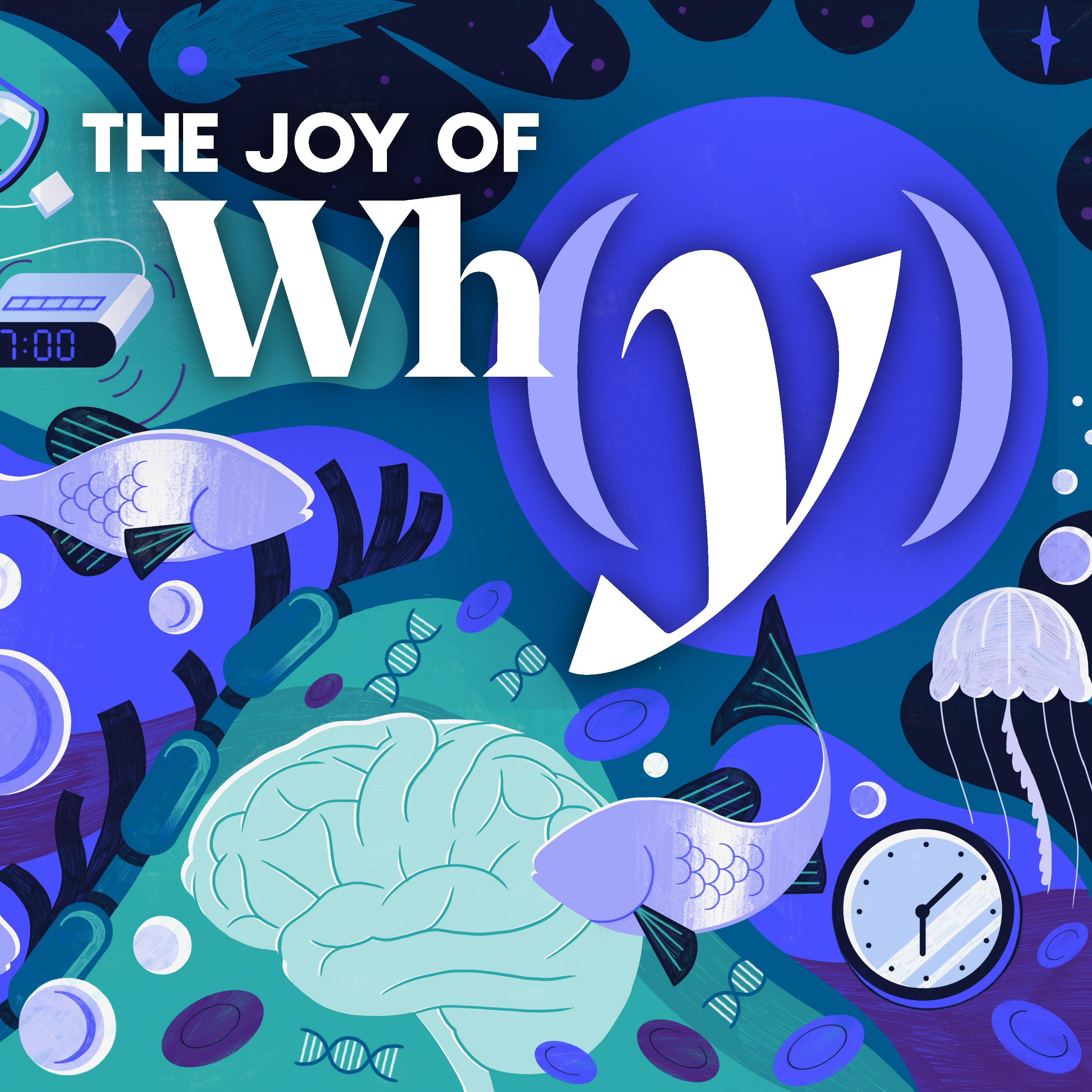
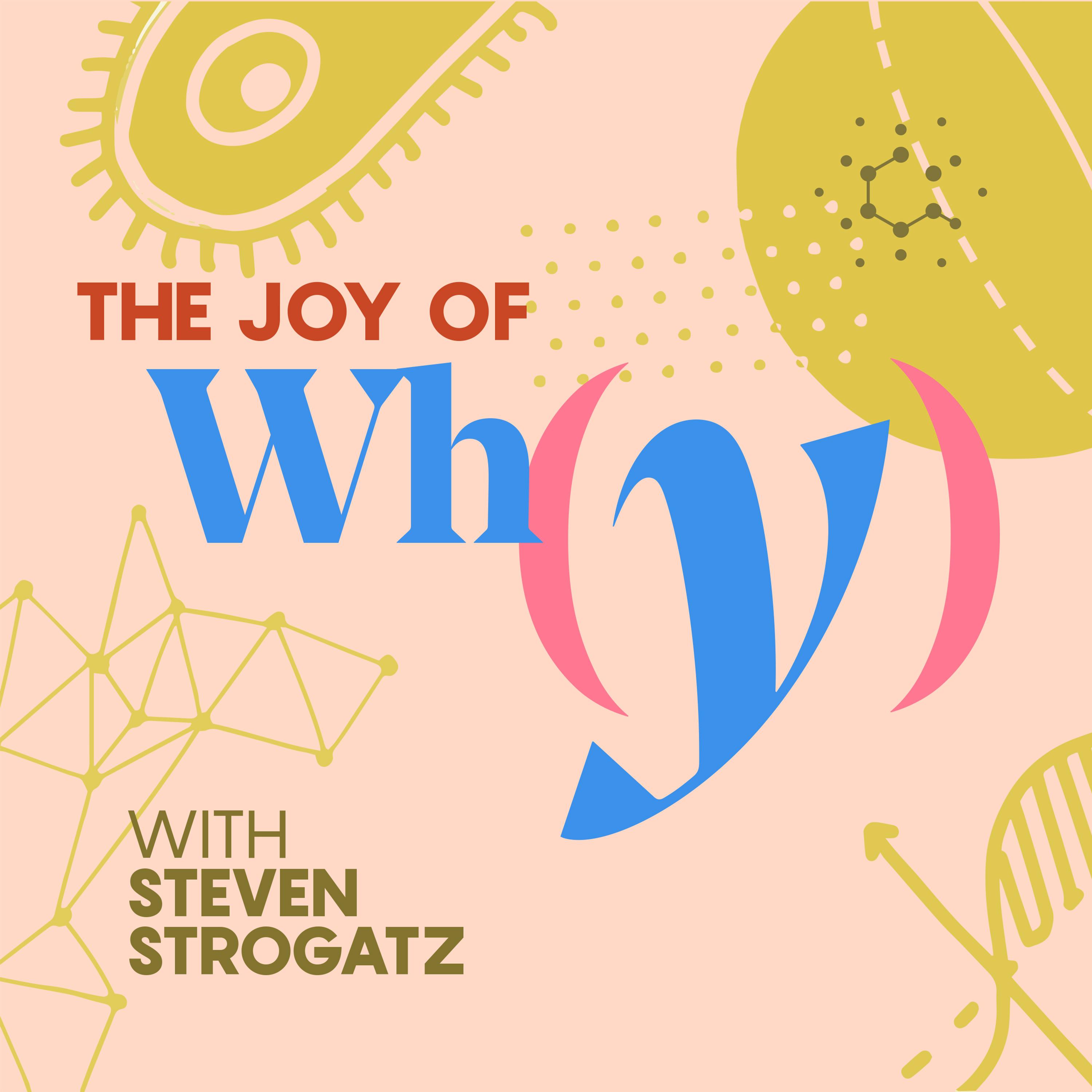
How Did Altruism Evolve?

We often talk about evolution as the survival of the fittest. But if it is, then where did the widespread (and widely admired) impulse to help others even at great cost to ourselves come from? In this episode, host Janna Levin speaks with Stephanie Preston, a professor of psychology and head of the Ecological Neuroscience Lab at the University of Michigan, about the evolutionary, neurological and behavioral foundations for altruism.